15 Reasons to Eat Organic Food
1. In study after study, research from independent organizations consistently shows organic food is higher in nutrients than traditional foods. Research shows that organic produce is higher in vitamin C, antioxidants, and the minerals calcium, iron, chromium, and magnesium.
2. They’re free of neurotoxins toxins that are damaging to brain and nerve cells. A commonly-used class of pesticides called organophosphates was originally developed as a toxic nerve agent during World War I. When there was no longer a need for them in warfare, industry adapted them to kill pests on foods. Many pesticides are still considered neurotoxins.
3. They’re supportive of growing children’s brains and bodies. Children’s growing brains and bodies are far more susceptible to toxins than adults. Choosing organic helps feed their bodies without the exposure to pesticides and genetically-modified organisms, both of which have a relatively short history of use (and therefore safety).
4. They are real food, not pesticide factories. Eighteen percent of all genetically-modified seeds (and therefore foods that grow from them) are engineered to produce their own pesticides. Research shows that these seeds may continue producing pesticides inside your body once you’ve eaten the food grown from them! Foods that are actually pesticide factories no thanks.
5. The US Environmental Protection Agency (EPA) estimates that pesticides pollute the primary drinking source for half the American population. Organic farming is the best solution to the problem. Buying organic helps reduce pollution in our drinking water.
6. Organic food is earth-supportive (when big business keeps their hands out of it). Organic food production has been around for thousands of years and is the sustainable choice for the future. Compare that to modern agricultural practices that are destructive of the environment through widespread use of herbicides, pesticides, fungicides, and fertilizers and have resulted in drastic environmental damage in many parts of the world.
7. Organic food choices grown on small-scale organic farms help ensure independent family farmers can create a livelihood. Consider it the domestic version of fair trade.
8. Most organic food simply tastes better than the pesticide-grown counterparts.
9. Organic food is not exposed to gas-ripening like some non-organic fruits and vegetables (like bananas).
10. Organic farms are safer for farm workers. Research at the Harvard School of Public Health found a 70 percent increase in Parkinson’s disease among people exposed to pesticides. Choosing organic foods means that more people will be able to work on farms without incurring the higher potential health risk of Parkinson’s or other illnesses.
11. Organic food supports wildlife habitats. Even with commonly used amounts of pesticides, wildlife is being harmed by exposure to pesticides.
12. Eating organic may reduce your cancer risk. The US Environmental Protection Agency (EPA) considers 60% of herbicides, 90% of fungicides, and 30 percent of insecticides potentially cancer-causing. It is reasonable to think that the rapidly increasing rates of cancer are at least partly linked to the use of these carcinogenic pesticides.
13. Choosing organic meat lessens your exposure to antibiotics, synthetic hormones, and drugs that find their way into the animals and ultimately into you.
14. Organic food is tried and tested. By some estimates genetically-modified food makes up 80% of the average person’s food consumption. Genetic modification of food is still experimental. Avoid being part of this wide scale and uncontrolled experiment.
15. Organic food supports greater biodiversity. Diversity is fundamental to life on this planet. Genetically-modified and non-organic food is focused on high yield monoculture and is destroying biodiversity.
Michelle Schoffro Cook, RNCP, ROHP, DAc, DNM, is a best-selling and six-time book author and doctor of natural medicine, whose works include: The Life Force Diet, The Ultimate pH Solution, and The 4-Week Ultimate Body Detox Plan. Learn more at:
www.TheLifeForceDiet.com.
*******************************
Benefits of a Paleo Diet

Today, these staples have been largely replaced with refined sugar, high fructose corn syrup, cereal, bread, potatoes and pasteurized milk products… and a much narrower selection of fruits, vegetables, roots and nuts.
While we may consider ourselves to be at the pinnacle of human development, our modern food manufacturing processes have not created a race of super-humans in possession of great health and longevity.
Quite the contrary…
Humans today suffer more chronic and debilitating diseases than ever before. And there can be little doubt that our food choices play a major role in this development.
Can a Stone Age Diet Make You Healthier?
CBS recently ran an excellent series of reports about the Paleolithic diet movement. Of the mainstream press, Dr. Kim Mulvihill was the sole member present at the recent Ancestral Health Symposium in Los Angeles. She ended up taking part in Dr. Lynda Frassetto’s scientific study on the Paleo diet herself.
As reported on CBS:
“You can eat anything that would be able to be eaten without being processed,” explained Dr. Lynda Frassetto. That means no grains, no bread, and no [pasteurized] dairy but does include lots of fruits and vegetables, some nuts and oils and lots of fish, poultry and lean meats.
… Dr. Frassetto and her team at the University of California in San Francisco tested the Paleo-diet on out-of-shape volunteers. The group ate lots of food without losing any weight or exercising. “In two weeks, everybody’s blood pressure went down and everybody’s cholesterol and triglyceride levels got better. The average drop was 30 points, which was pretty amazing. It’s the type of drop you get by taking statins for six months,” said Dr. Frassetto.
Dr. Frassetto says Paleo foods, also known as the caveman diet, works by keeping your body’s chemistry in better balance. The goal of the caveman diet is to reduce excess body fat, aid in the normalization of blood sugar levels and reduce toxins and anti-nutrients.”
“Normalizing” your system is the true strength of the so-called caveman diet. By eating foods that are concordant with your genetic ancestry, you can avoid many of the diseases associated with our modern diet. As Dr. Loren Cordain, author of The Paleo Diet and one of the world’s leading experts on Paleolithic nutrition, states:
“The nutritional qualities of modern processed foods and foods introduced during the Neolithic period are discordant with our ancient and conservative genome. This genetic discordance ultimately manifests itself as various chronic illnesses, which have been dubbed “diseases of civilization.” By severely reducing or eliminating these foods and replacing them with a more healthful cuisine, possessing nutrient qualities more in line with the foods our ancestors consumed, it is possible to improve health and reduce the risk of chronic disease.”
Why the Paleo Diet Works for Weight Loss
A common “side effect” of rebalancing your body’s chemistry is weight loss, as the two tend to go hand-in-hand. One explanation for this is that you don’t really get fat from eating too much and exercising too little. Nor do you get fat from eating fat.
So what does cause your fat tissue to accumulate and hold on to fat? In a word: carbohydrates.
In essence, overeating and excess weight could be viewed as a symptom of an improper diet, because when you consume too many sugars and carbs, you set off a cascade of chemical reactions in your body that makes you hungry and craving for sweets:
-
- First, fructose is metabolized differently from glucose, with the majority being turned directly into fat because stimulates a powerful “fat switch.”
-
- This rapidly leads to weight gain and abdominal obesity (“beer belly”), decreased HDL, increased LDL, elevated triglycerides, elevated blood sugar, and high blood pressure – i.e., classic metabolic syndrome.
-
- Dietary carbohydrates, especially fructose, are also the primary source of a substance called glycerol-3-phosphate (g-3-p), which causes fat to become fixed in fat tissue.
-
- At the same time, high carb intake raises your insulin levels, which prevents fat from being released
- Fructose further tricks your body into gaining weight by turning off your body’s appetite-control system. Fructose does not suppress ghrelin (the “hunger hormone”) and doesn’t stimulate leptin (the “satiety hormone”), which together result in feeling hungry all the time, even though you’ve eaten. As a result, you overeat and develop
insulin resistance, which is not only an underlying factor of type 2 diabetes and heart disease, but also many cancers
The resulting equation is simple: fructose and dietary carbohydrates (grains, which break down into sugar) lead to excess body fat, obesity and related health issues. Furthermore, no amount of exercise can compensate for this damage because if you eat excessive fructose and grains – the primary ingredients NOT found in the Paleo diet – it will activate programming to cause your body to become, and remain, fat.
Fructose and High Blood Pressure
As mentioned earlier, the Paleo diet can be very effective for reducing blood pressure, cholesterol and triglyceride levels – more effective, in fact, than a statin drug. According to Dr. Frassetto, people can see a 30 point drop in cholesterol in just two weeks!
That really is quite remarkable.
It is, however, also quite understandable once you realize that fructose is a major promoter of hypertension – far more so than salt. The connecting link between fructose consumption and hypertension lies in the uric acid produced. Uric acid is a byproduct of fructose metabolism, and increased uric acid levels drive up your blood pressure.
Excess sugars (including grains) also promote unhealthy cholesterol levels and raise triglyceride levels.
How does it do this?
Dr. Stephanie Seneff explained this in some detail in a previous interview. In summary, when you eat a diet high in fructose and other sugars, it over-taxes your liver as it cannot properly make cholesterol while simultaneously processing fructose (which it turns into fat). As a result, you end up with impaired cholesterol formation, which can eventually lead to a cholesterol- and cholesterol sulfate deficiency. At that point, your body begins to form arterial plaque to compensate for this deficiency, because your platelets can produce the cholesterol sulfate your heart and brain needs within that plaque. It’s a sort of backup mechanism to maintain proper heart- and brain function.
Unfortunately, it’s not an ideal backup mechanism because arterial plaque also increases your risk for heart- and vascular disease. So truly, you’ll want to avoid forcing your body to resort to these measures in the first place, and the way you do that is by feeding it correctly… This is yet another important detail that explains how and why excessive fructose consumption is so detrimental to your health.
As you can see, simply cutting out fructose and grains from your diet effectively eliminates one of the underlying causes of a number of health problems, including:
-
- Hypertension
-
- Insulin resistance
-
- High cholesterol
-
- High triglycerides
- Overweight.. and that’s one of the primary reasons the Paleo and other low-carb dietswork so well.
The Diet that May Beat All Others…
While you wouldn’t be able to find many of the wild varieties of plant foods eaten by cavemen even if you wanted to, you can certainly mold your diet around the principles of Paleo eating rather easily by following my nutrition plan.
I believe it to be one of the most profound interventions for the 21st century. Quite simply, we’ve strayed too far from the foods we are designed to eat, so going back to basics and refocusing your diet on fresh, whole, unprocessed, “real” food can improve just about anyone’s health. The full details are outlined in my nutrition plan, but generally speaking a
“healthy diet” is qualified by the following key factors:
-
- Unprocessed whole foods
-
- Often raw or only lightly cooked (ideally, try to eat at least one-third
of your food raw, or as much as you can manage)
- Often raw or only lightly cooked (ideally, try to eat at least one-third
-
- Organic or grass-fed, and free from additives and genetically modified
ingredients
- Organic or grass-fed, and free from additives and genetically modified
-
- Come from high-quality, local sources
- Carbohydrates primarily come from vegetables (except corn and potatoes, which should typically be avoided)
The Case for Moving Like a Hunter-Gatherer Too…
Going back to our roots in terms of what we eat is about 80 percent of the battle and subsequent reward in terms of improved health. But there’s a lot to be said about moving
like a hunter-gatherer too. Instead of being sedentary for much of the day and then running for an hour on a treadmill, our ancient ancestors combined lots of walking with regular lifting and short bursts of high-intensity activities, and health experts agree that this may be a healthier way to live because this is what your body is “wired” for.
My Peak Fitness program incorporates this essential factor, which is, I believe, why so many people have achieved such great results with it. For detailed instructions, please see this previous article. A summary of what researchers believe might be an ideal exercise prescription would include the following aspects of normal hunger-gatherer living:
| A variety of exercises performed regularly (weight training, cardio, stretching, etc.) |
Alternate difficult days with easier days |
Exercise outdoors, which helps maintain vitamin D levels and improve mood |
| Interval training sessions performed three times a week |
Weight training at least twice a week |
Walk and run on softer, uneven terrain, such as grass and dirt, possibly barefoot or using “simpler shoes that do not drastically restrict foot motion or alter natural foot strike dynamics” |
| Exercise with a friend to receive social stimulation as well |
Ample time for rest after physical exertion |
Recreational activities, including dancing and sex |
*********************************
Paying for Health: The Cost of Organic Food Versus Conventional

Whenever discussing the importance of buying organic, there is one objection that is stated 100% of the time. That objection is: I can’t afford it; I don’t have the money.
I’m here to tell you that you can’t afford NOT to eat organic.
The specifics will be covered below, but here is why you should absolutely buy organic and ditch what you’ve probably been eating.
Health is the Most Important Aspect of Life
Some people, for some reason or another, may not feel this way. But when it comes down to it, your health affects every aspect of your life.
It should be your top priority.
In today’s society, if you aren’t eating organic, you are seriously compromising your health.
Here’s how:
-
- Substances in conventional food such as high fructose corn syrup, hydrogenated oils, and aspartame slows down your brain and reduces cognitive ability. They also cause a whole host of other problems discussed in-depth on other pages of this website.
-
- Pesticides used on conventional food are a hazard to your health.
-
- Growth hormones and antibiotics, in addition to the genetically modified feed fed to livestock, cause various health problems.
-
- Nutritional value of the food is compromised, leaving you with less vitamins and minerals your body thrives on. This is caused partly by synthetic fertilizer which is used for conventionally grown foods.
- Many foods are genetically modified. These foods with altered DNA are unsafe for consumption. This is covered extensively on the Genetically Modified Foods page.
It is hard to measure how much money you save buying organic in terms of your health. But one thing is for sure, you DO save money. By buying organic, you won’t be subjecting your body to all the negative aspects of conventional food. Thinking will be enhanced, and you’ll notice your health problems disappear one by one, assuming you are eating a nutrient-rich diet full of organic superfoods and fresh produce. I think you’ll find this very enlightening – the money you actually save by making less visits to the drug store and feeling better.
You’ll save money because:
-
- Prescription drug use will lessen.
-
- Drugs you buy at the drug store to “fix” headaches, stomach aches, and pains may no longer be needed.
-
- You’ll feel better and could find yourself turning to alcohol or cigarettes less.
- Organic and whole foods fill you faster, and therefore you will not need as much food to satisfy your physical hunger.
So what is the difference in cost?
The Difference in Costs
It is true, SOMETIMES organic food costs more directly than conventional food, which is often bought from large food manufacturers. However, there is a a reason for the price difference, and it often has to do with quality. Certified organic foods with the United States Department of Agriculture (USDA) seal will often be the foods that cost more than conventional products and even other organic foods that do not qualify for the seal.
Certified organic foods may cost more for these reasons:
-
- Synthetic fertilizers and pesticides are prohibited. This leaves organic farmers with more expensive methods for controlling pests, diseases, weeds, and providing more nutrients for crops to grow.
-
- Organic farming is more labor intensive and takes more time.
-
- Yields for organic farmers are typically lower than those of conventional farmers. They end up with less crops while putting out more time and using more expensive means of growing.
-
- Ultimately, organic farmers make less money than conventional farmers, and must increase price to make some profit and survive. The organic farms are usually smaller and don’t benefit from the economies of scale that larger growers get.
- Organic farmers don’t receive federal subsidies like conventional
farmers do.
Not all foods qualify for the organic seal, however. The reason I’m mentioning this is that some organic foods don’t have to follow such strict rules. So, many times organic food may only cost a little bit more, the same, or even less!
It is often just a matter of good, better, and best. At least TRY to buy organic and see how much more you’re spending. Prices vary based on the food and the area you buy in, so the only real way to know is to do the experiment for yourself.
If you find you’re spending too much in your eyes, don’t buy all organic. Another great way to consume high quality organic foods on a budget is home gardening. Purchase some 100% organic non-GMO seeds, and get to work!
Comment: For more information about The
Michelle Schoffro Cook
Apr 7, 2010 1:01 pm






















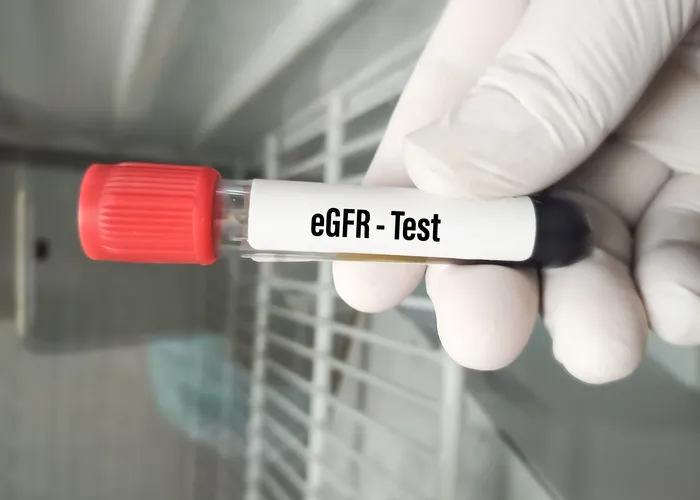
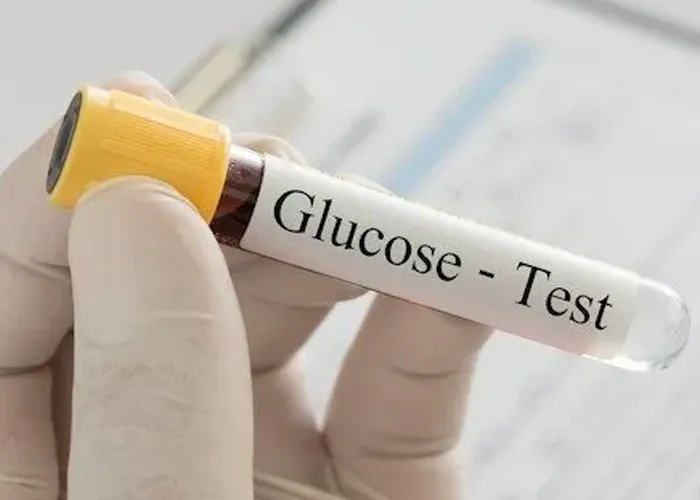
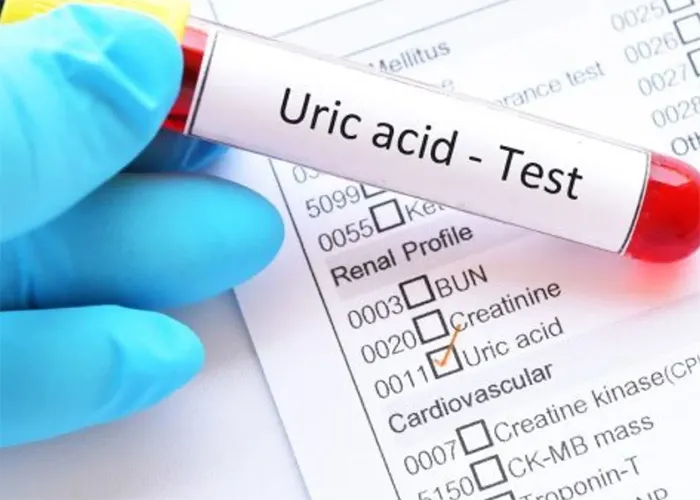
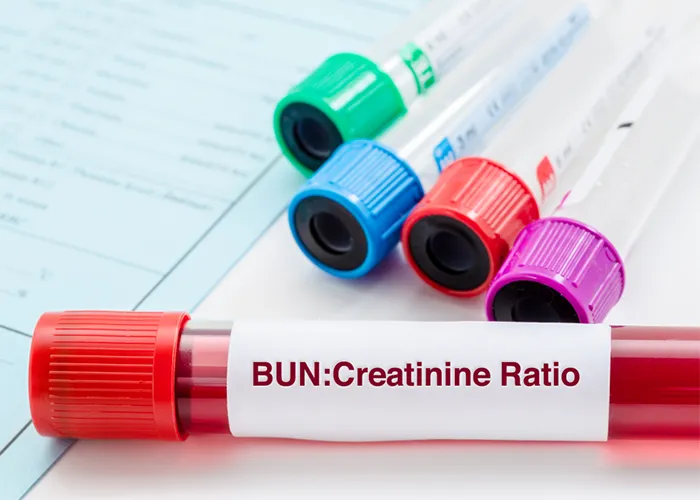
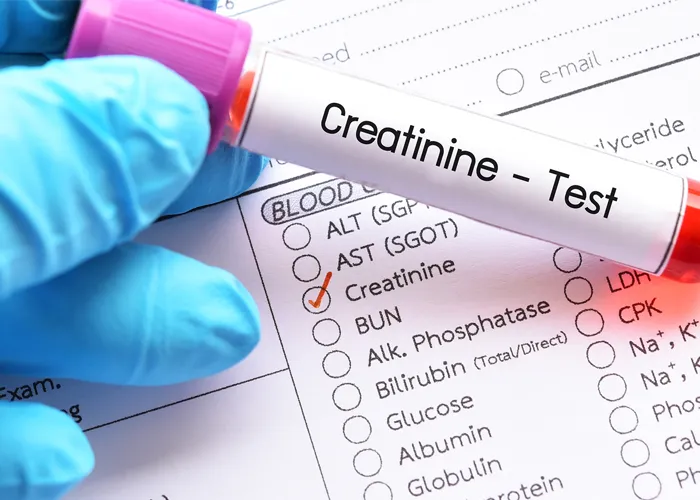
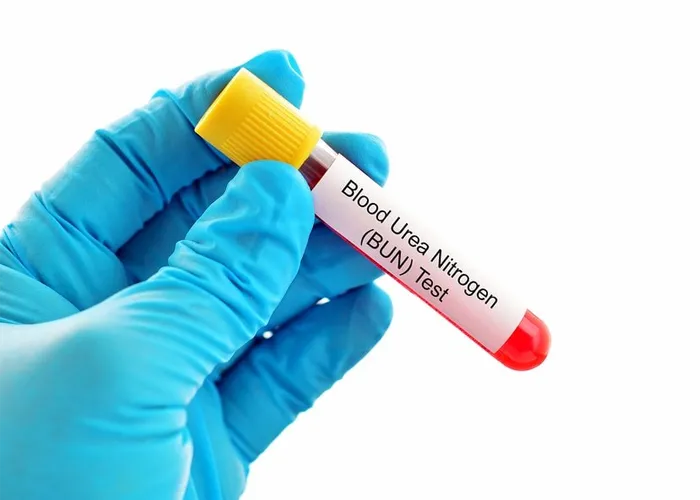
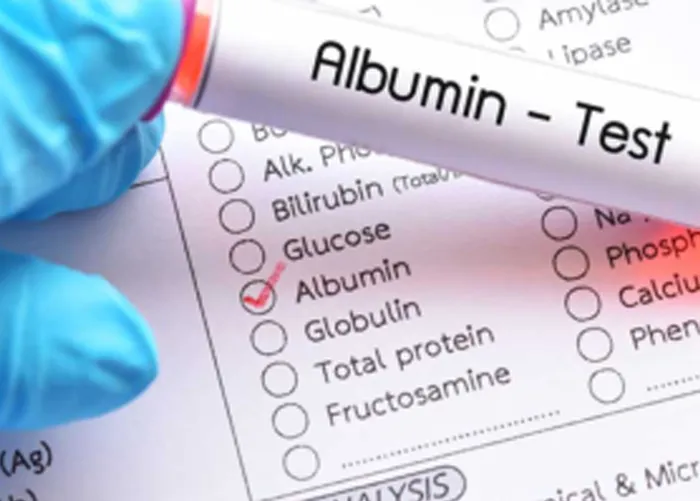
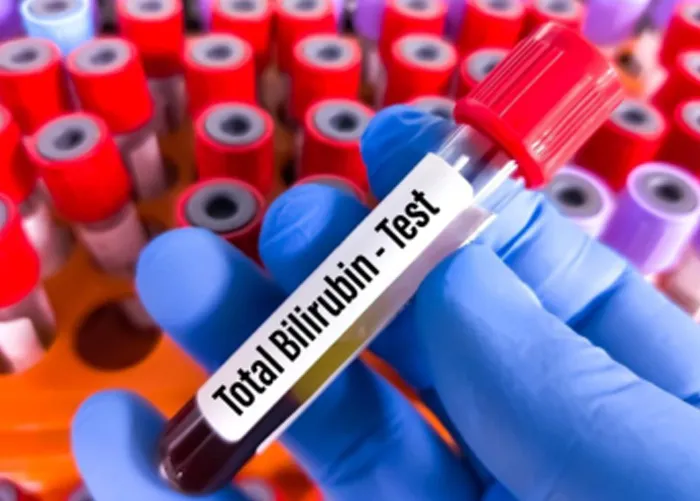
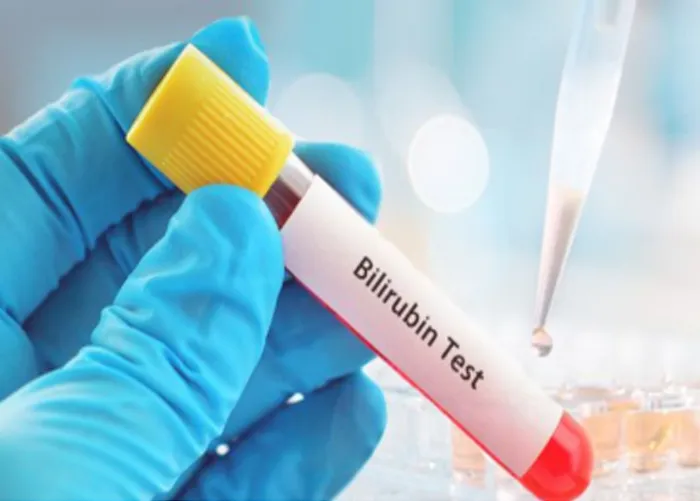
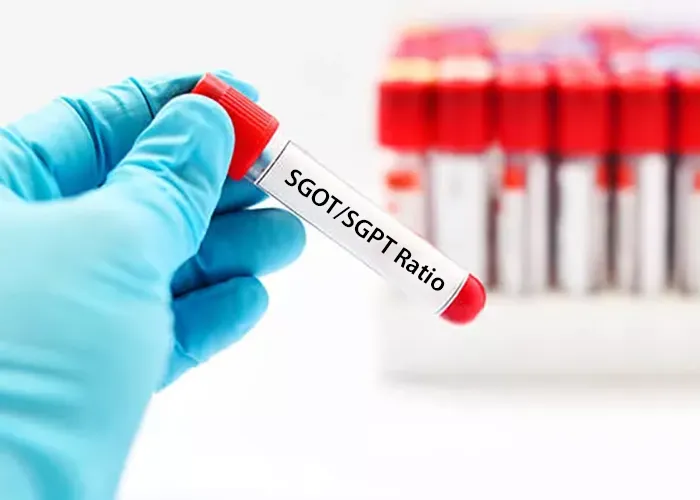
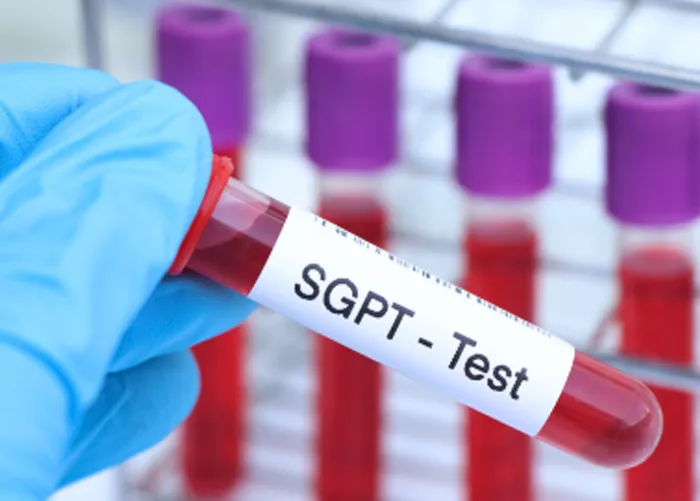
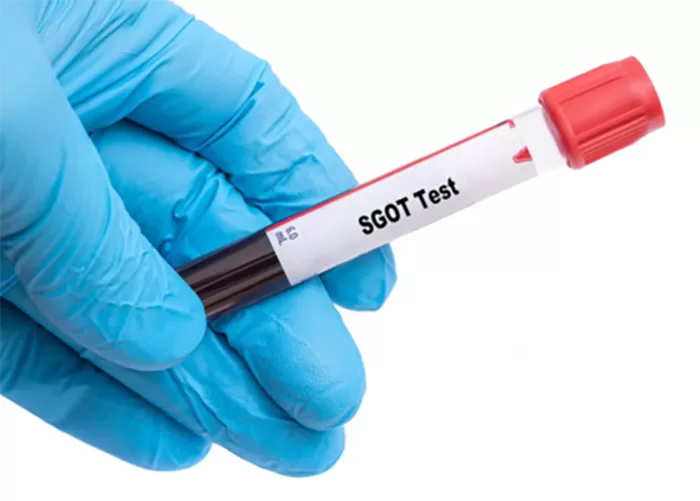
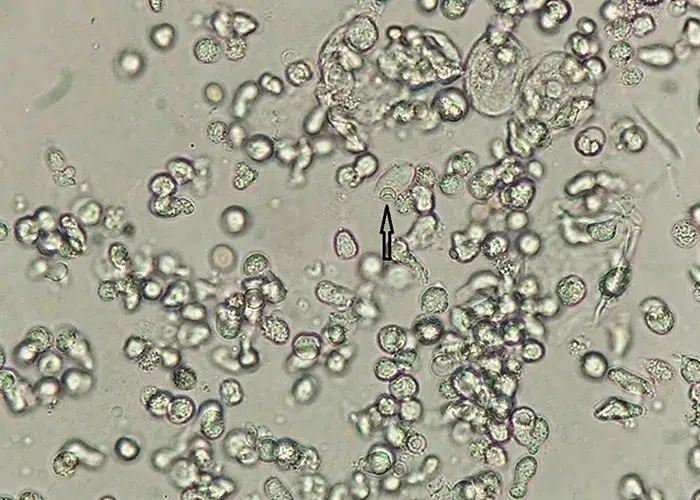
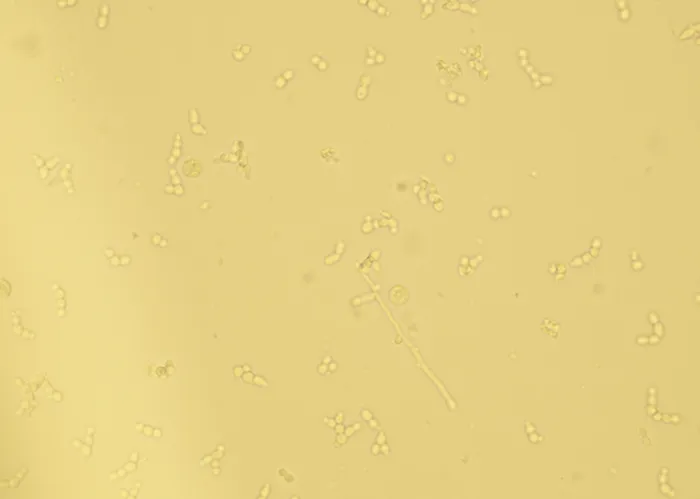
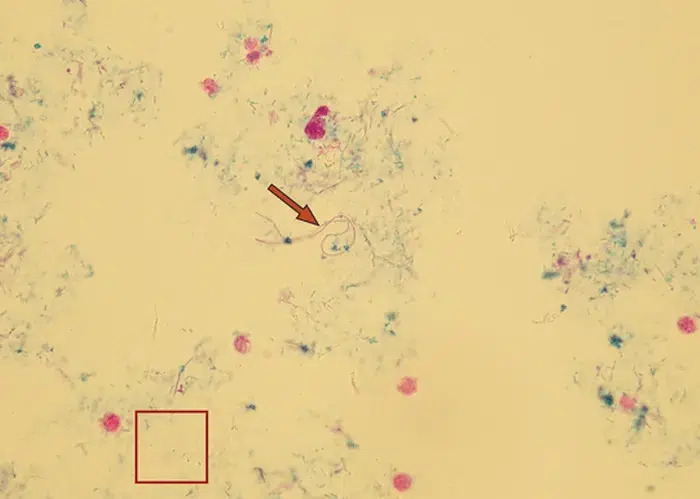
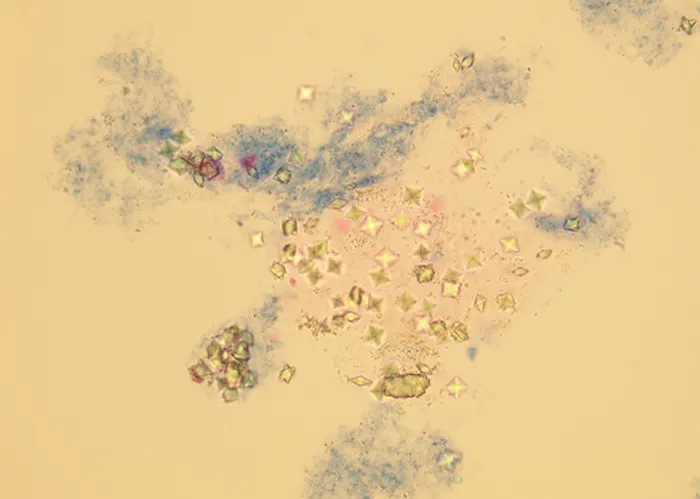
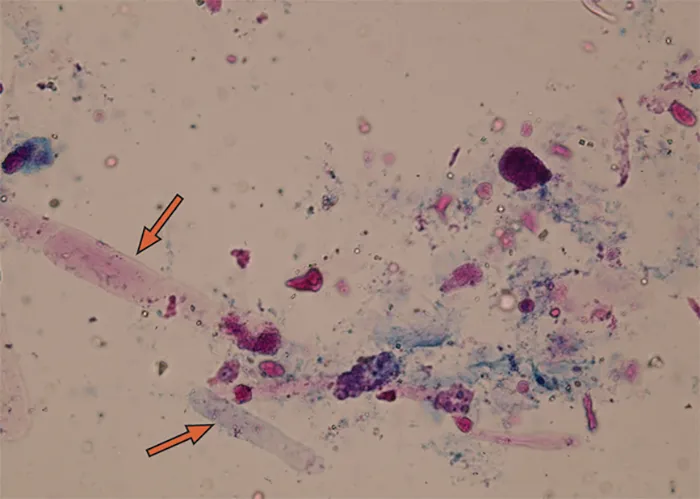
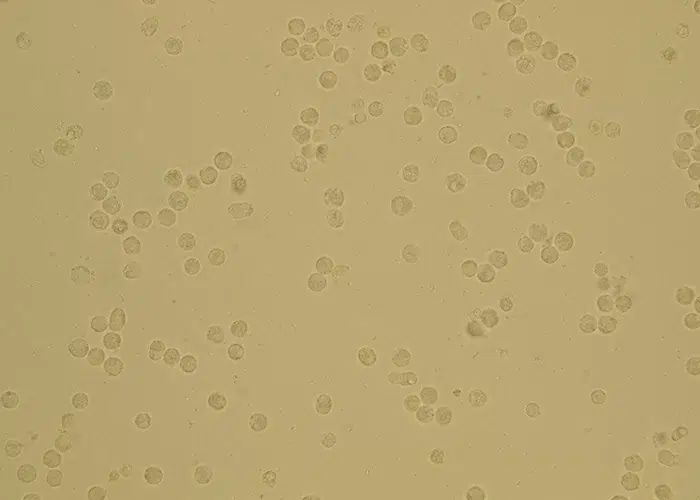
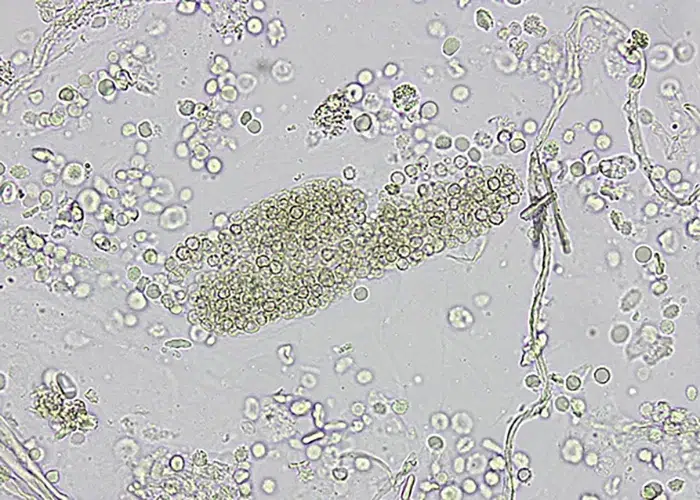
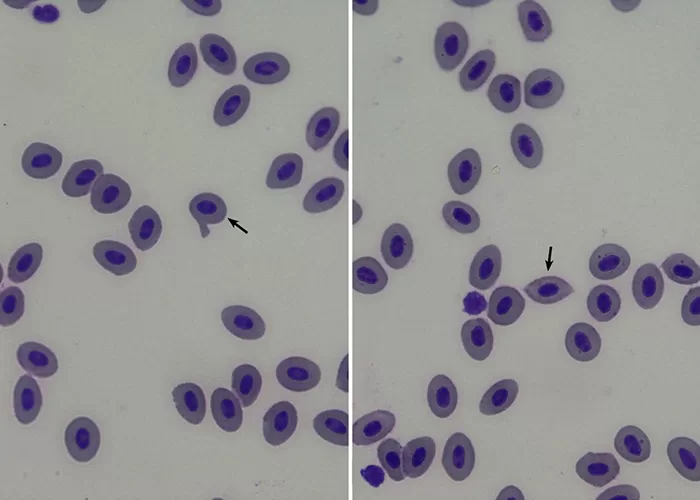
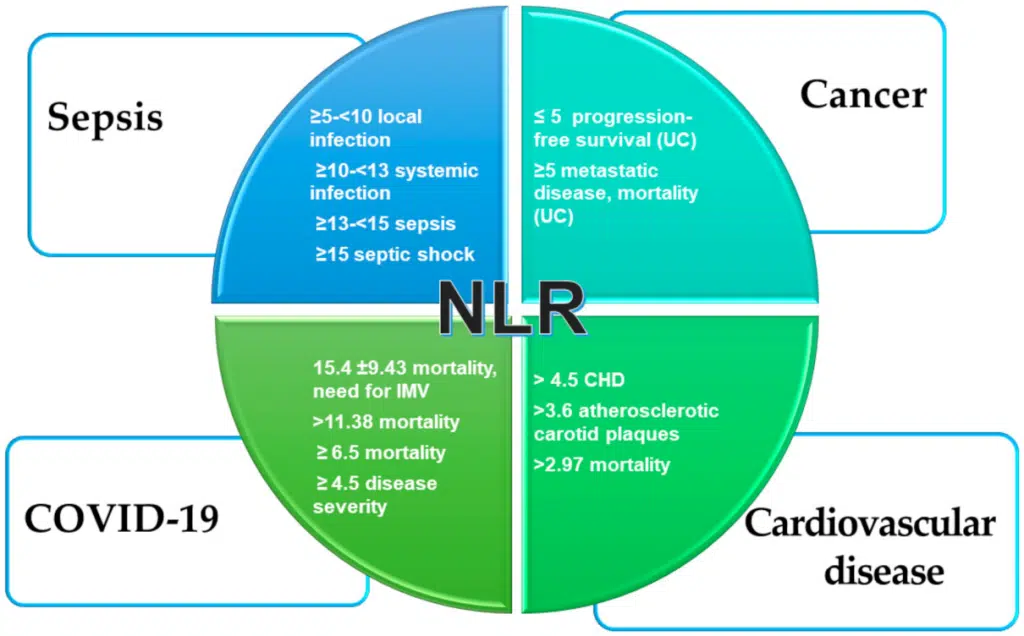
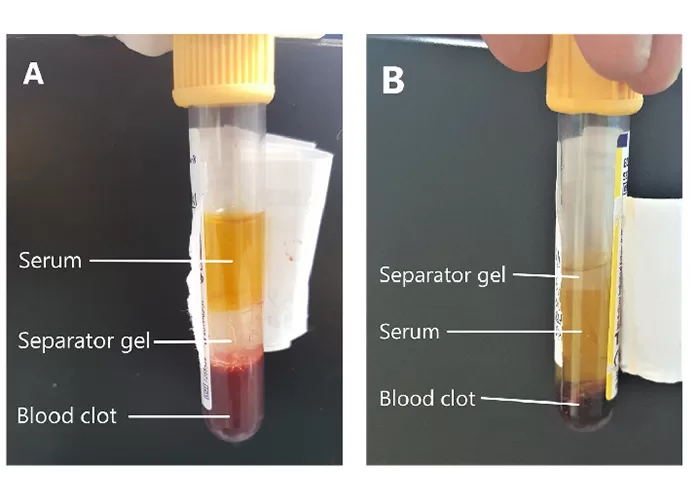
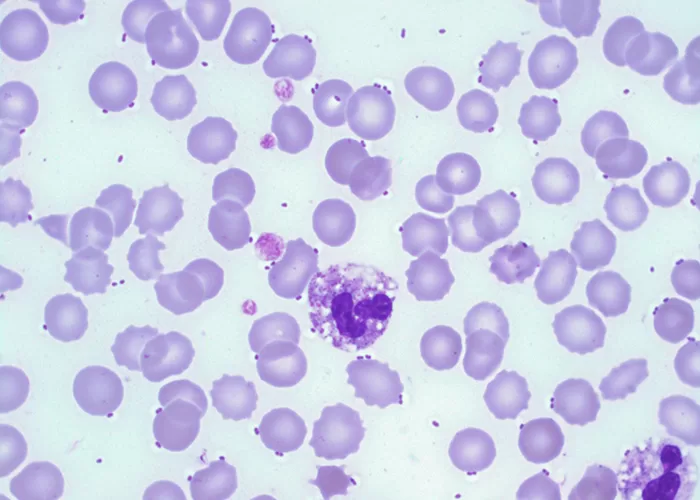
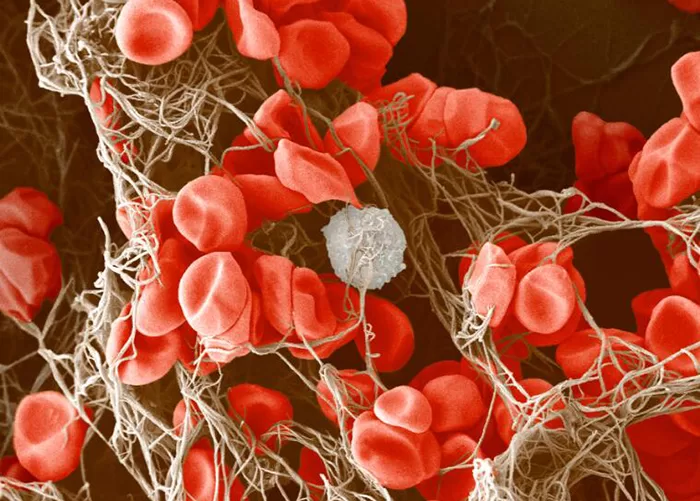

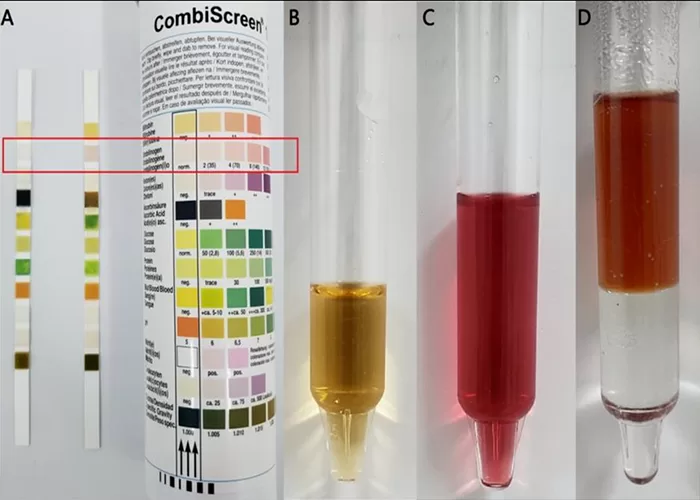
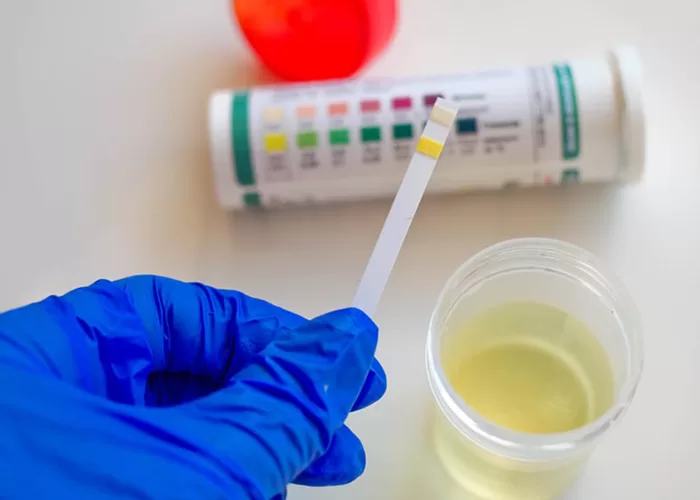
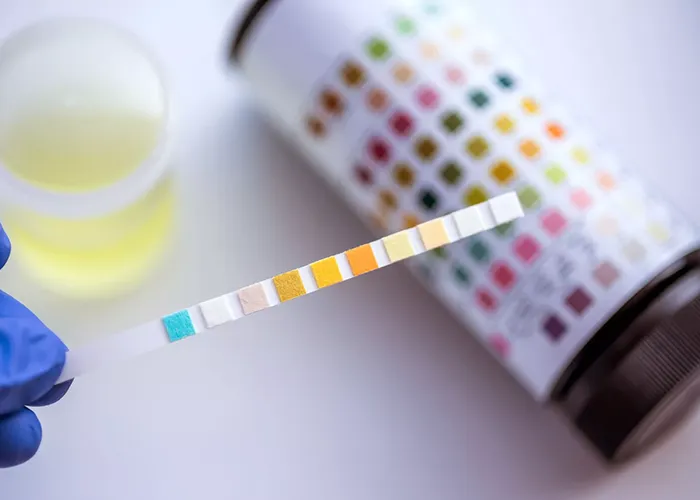
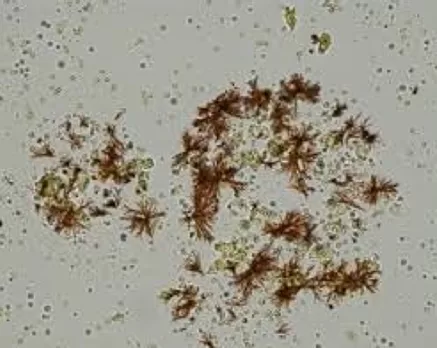
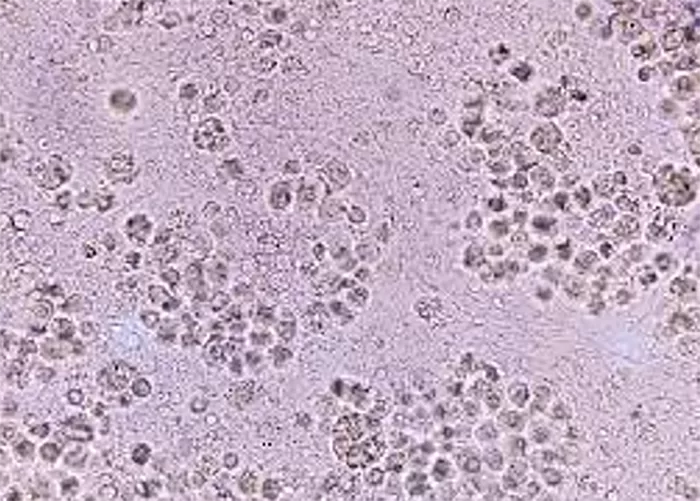
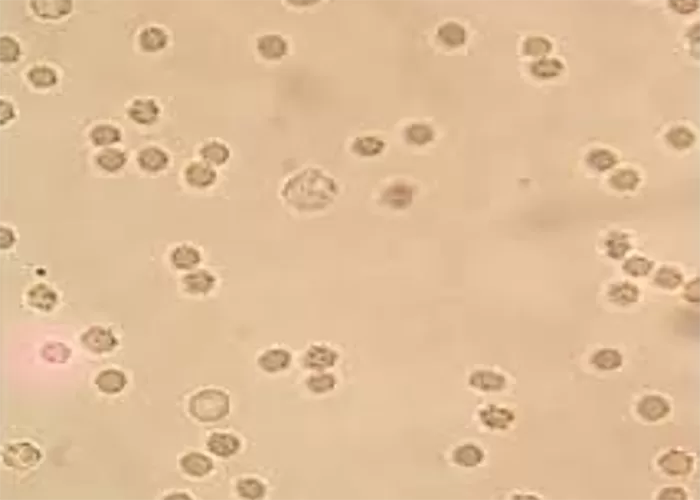



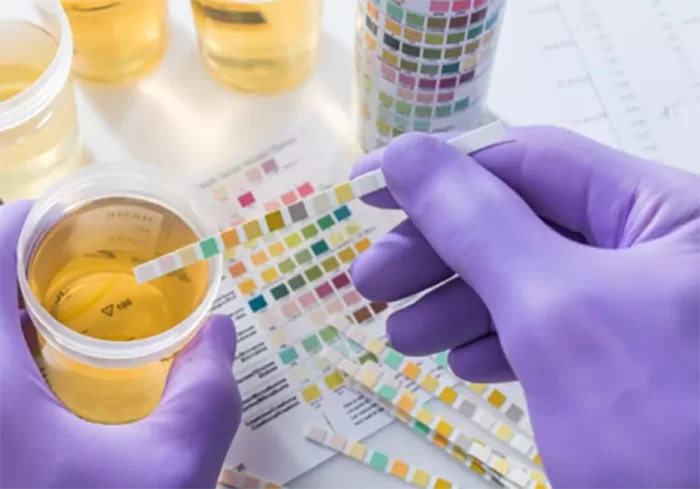
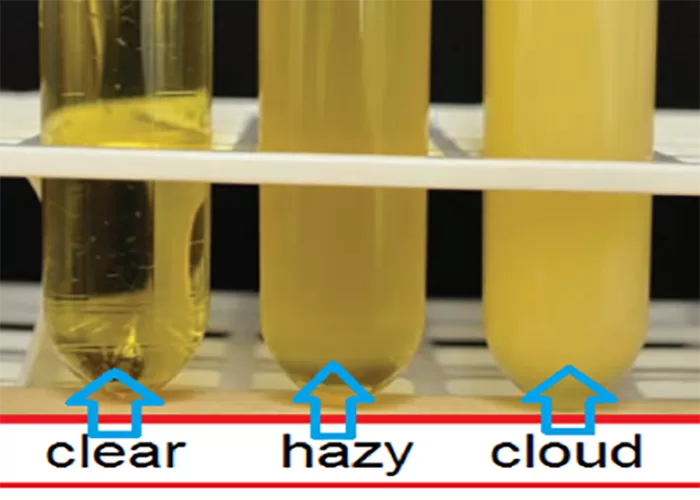
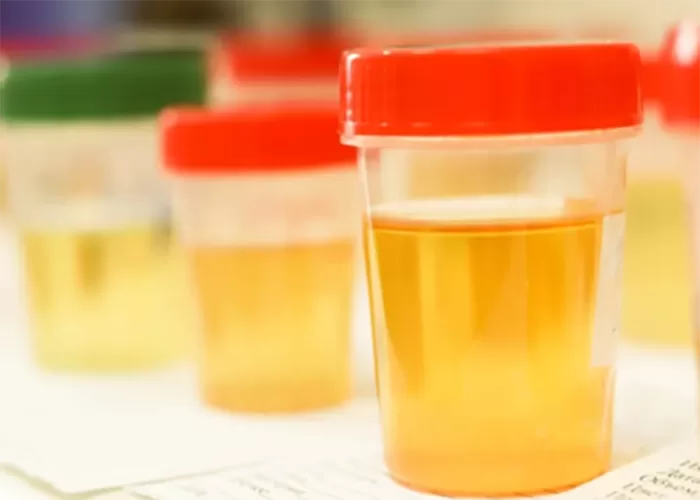
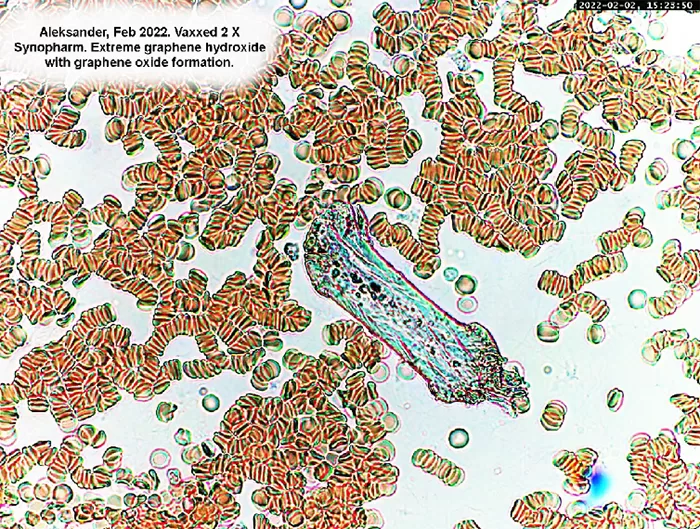
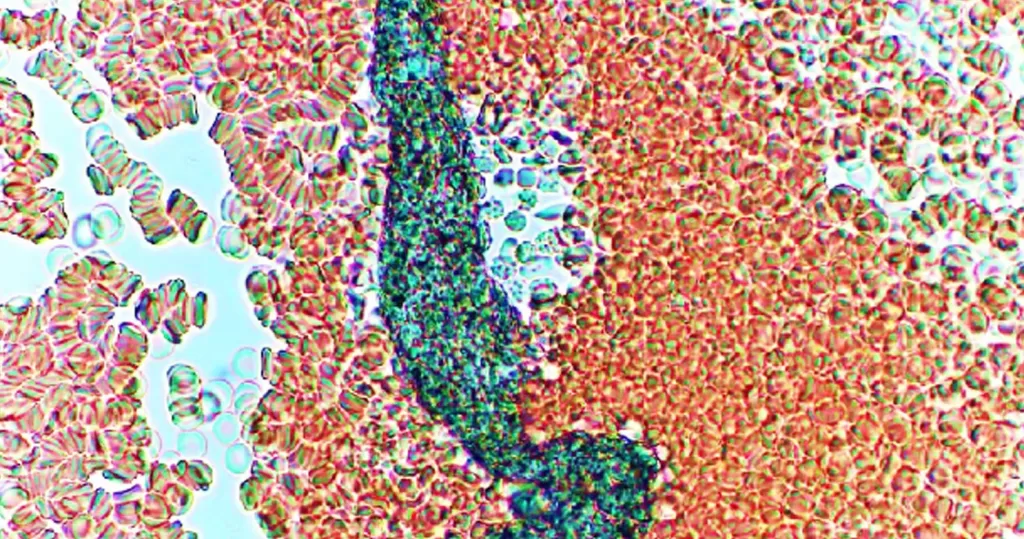

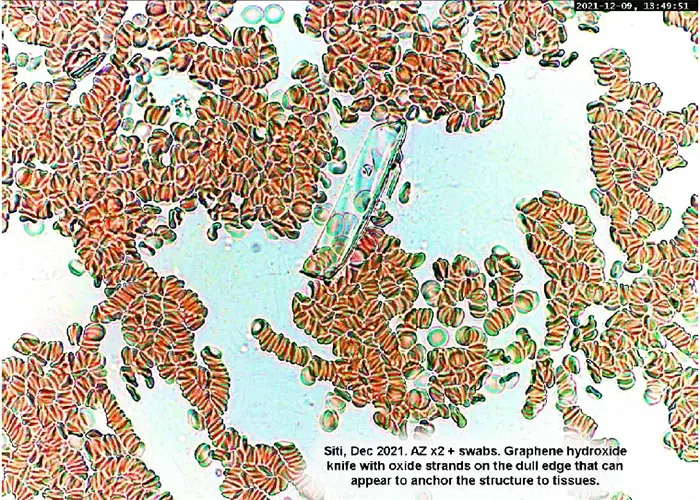
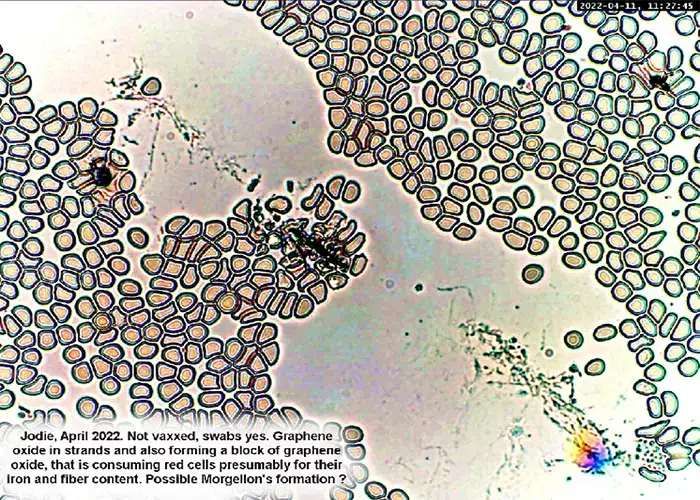
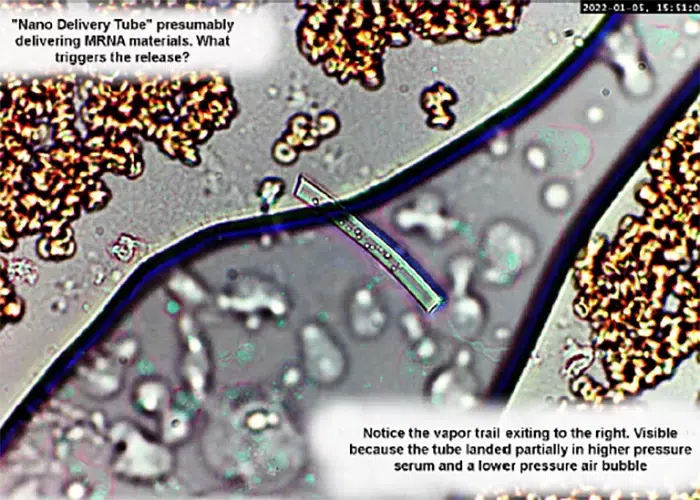
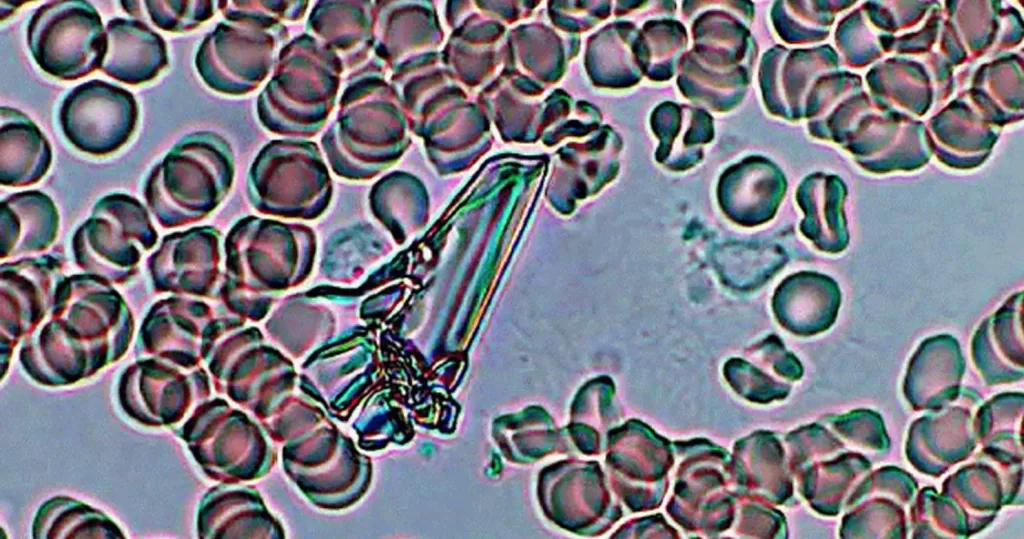
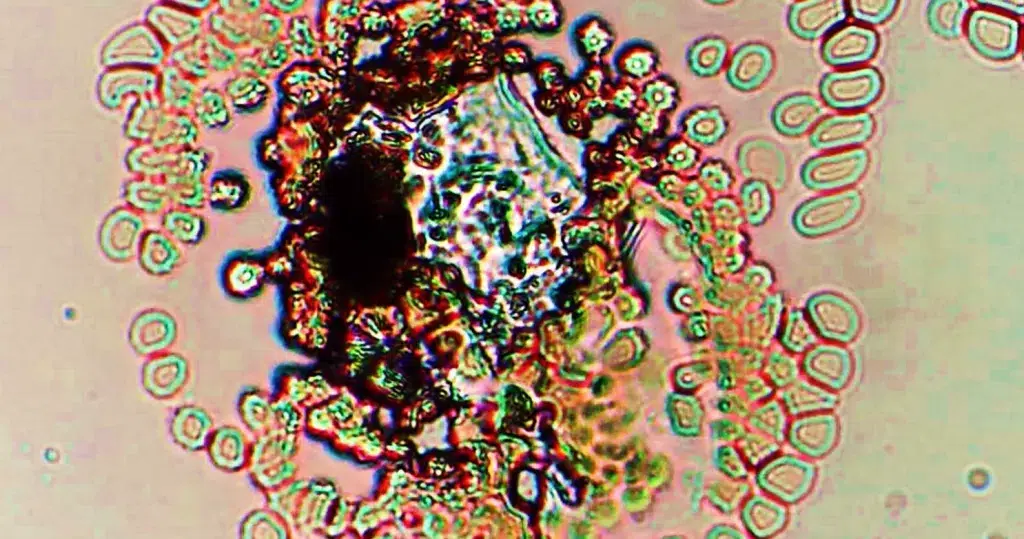
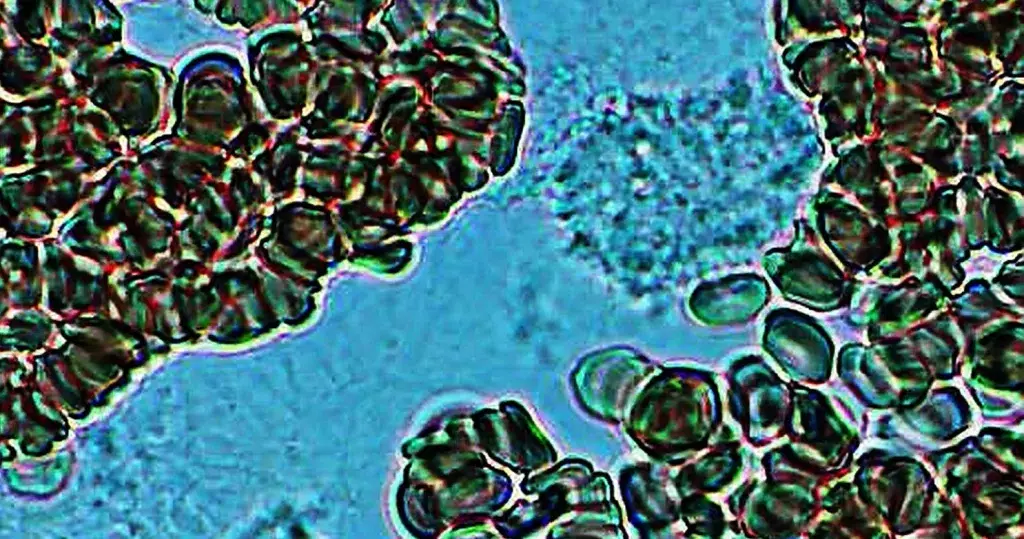
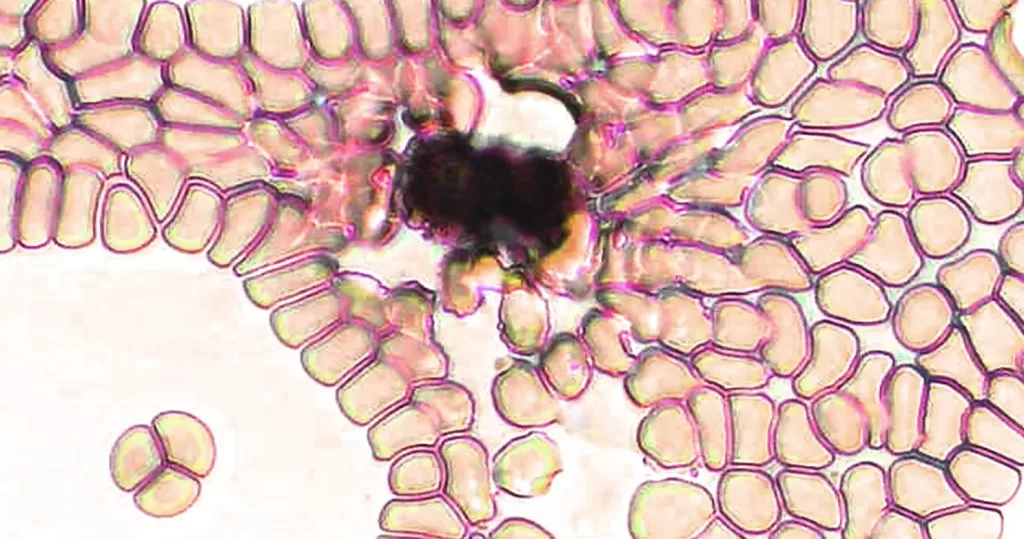
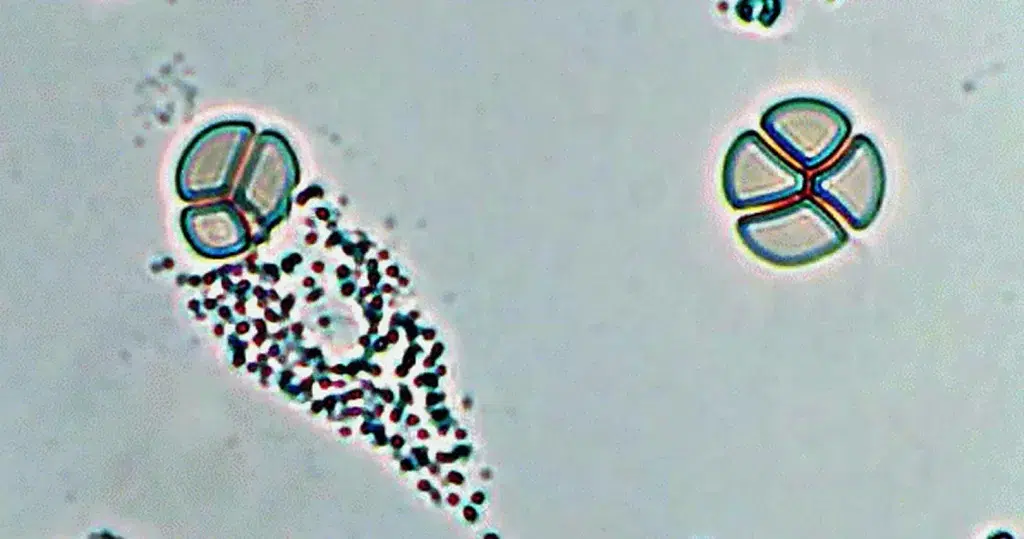
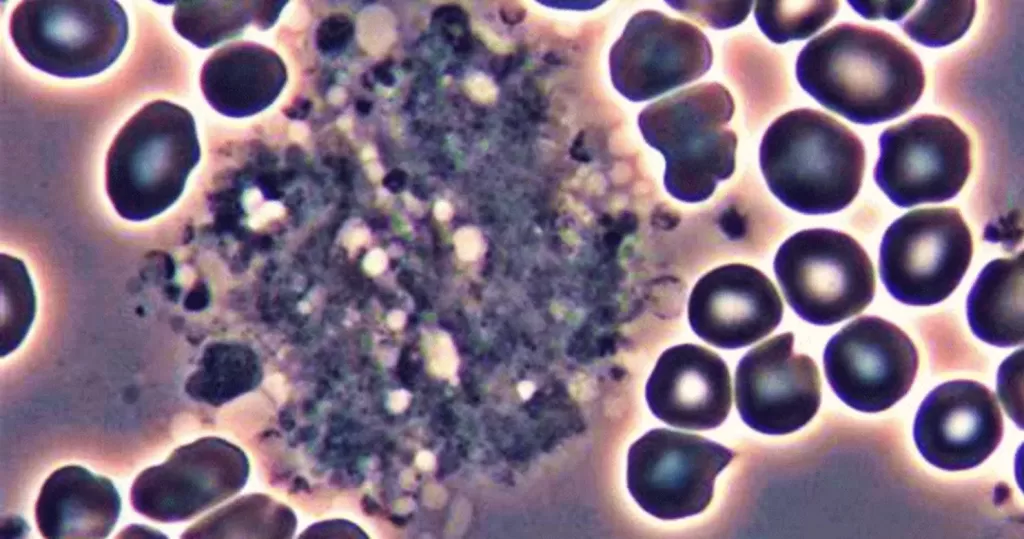
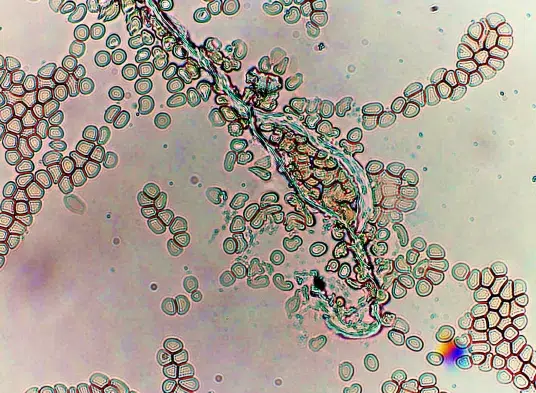
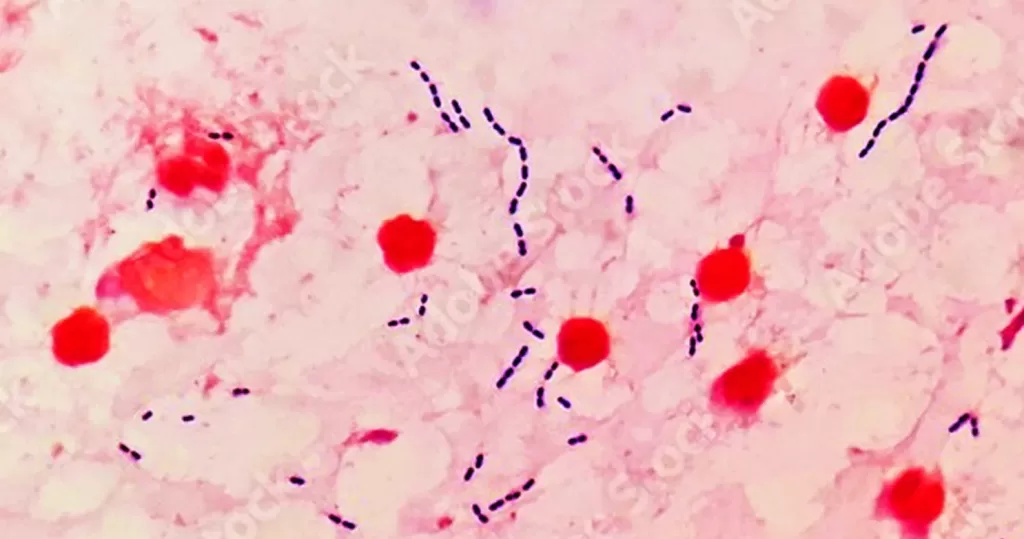
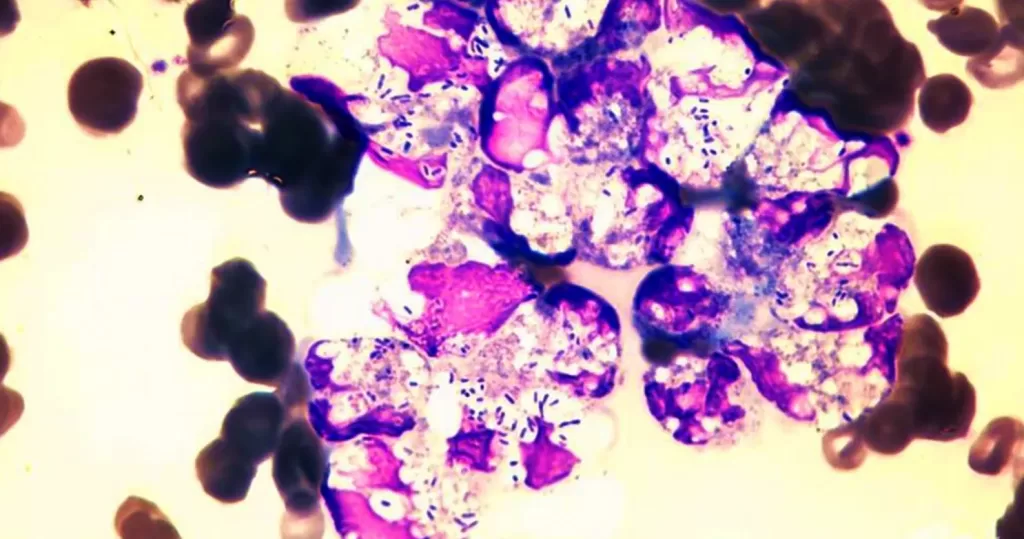
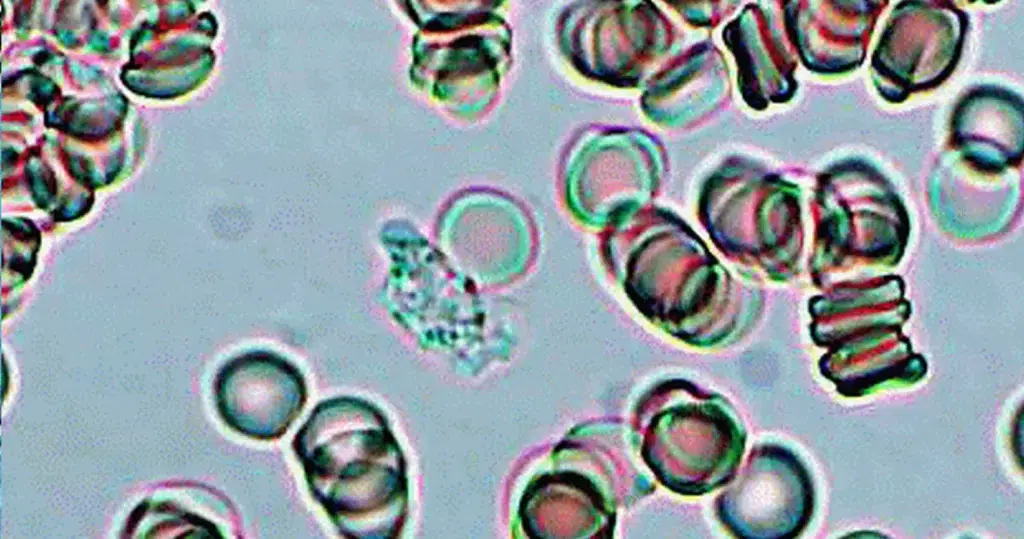
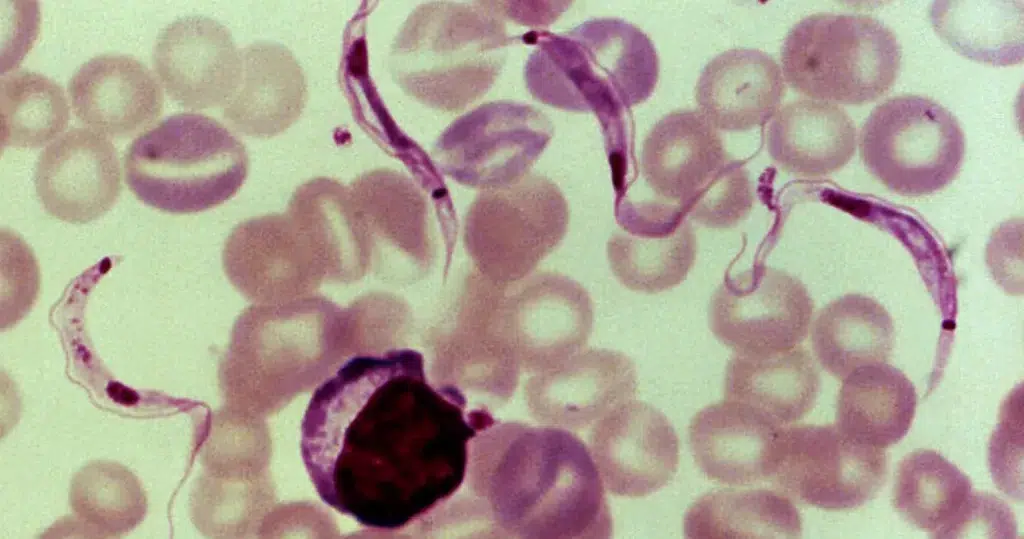
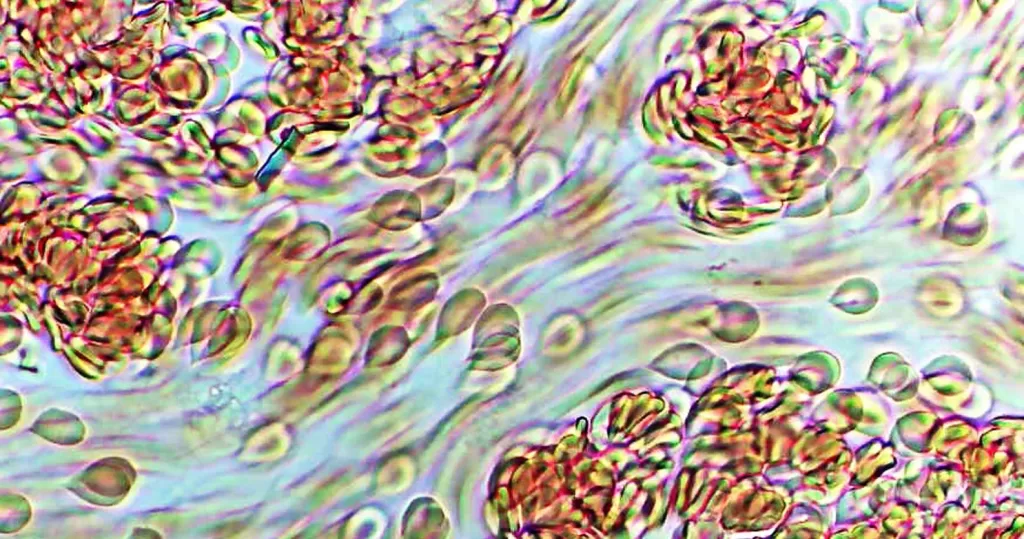
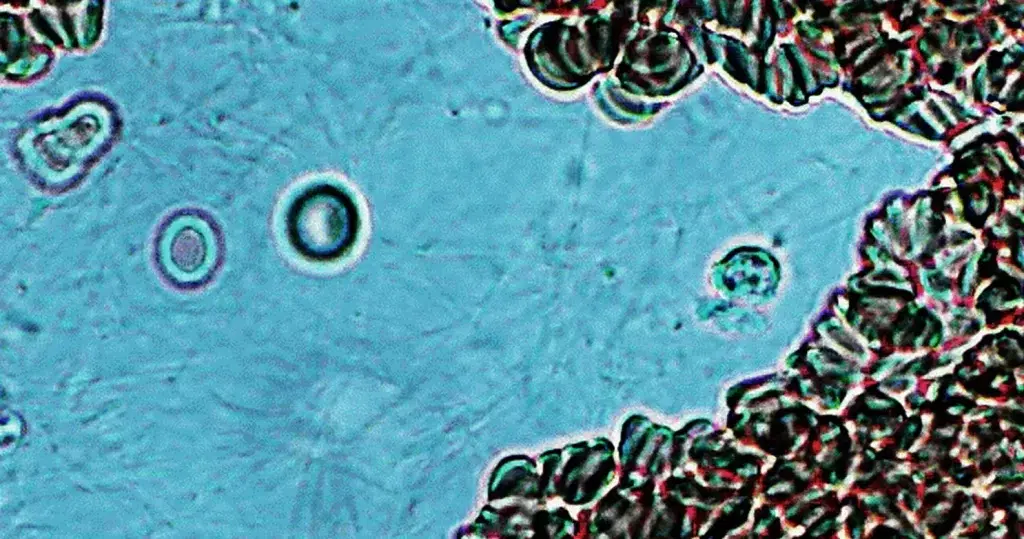
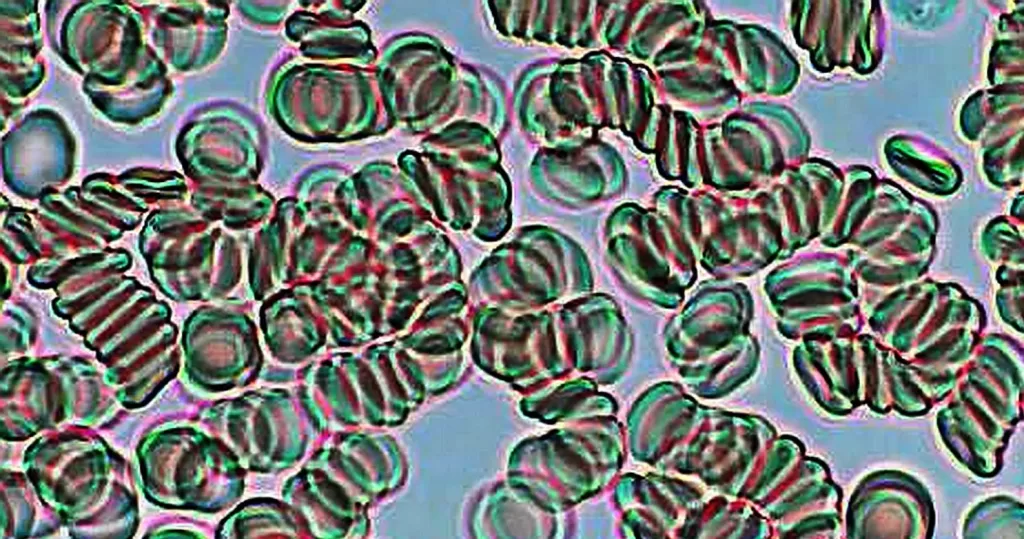
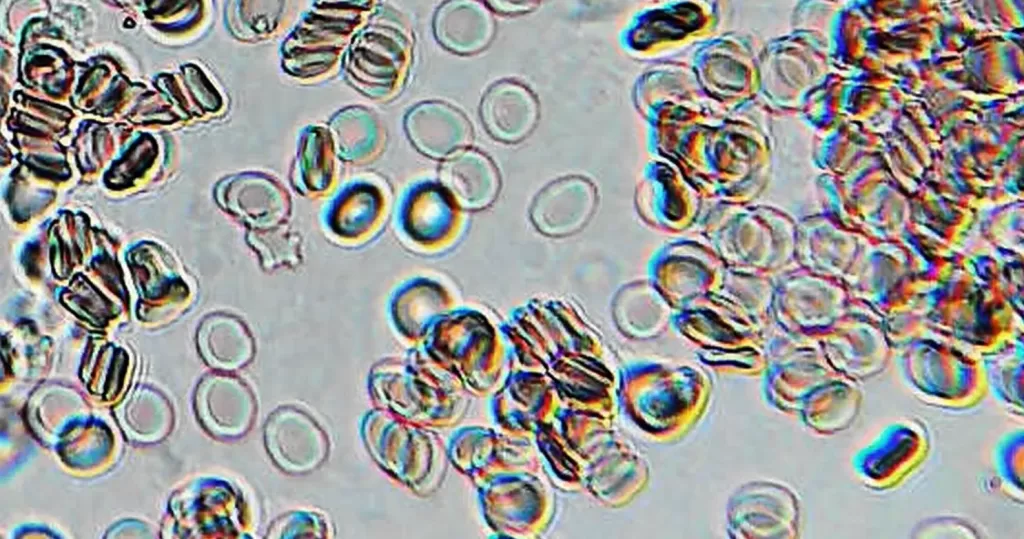
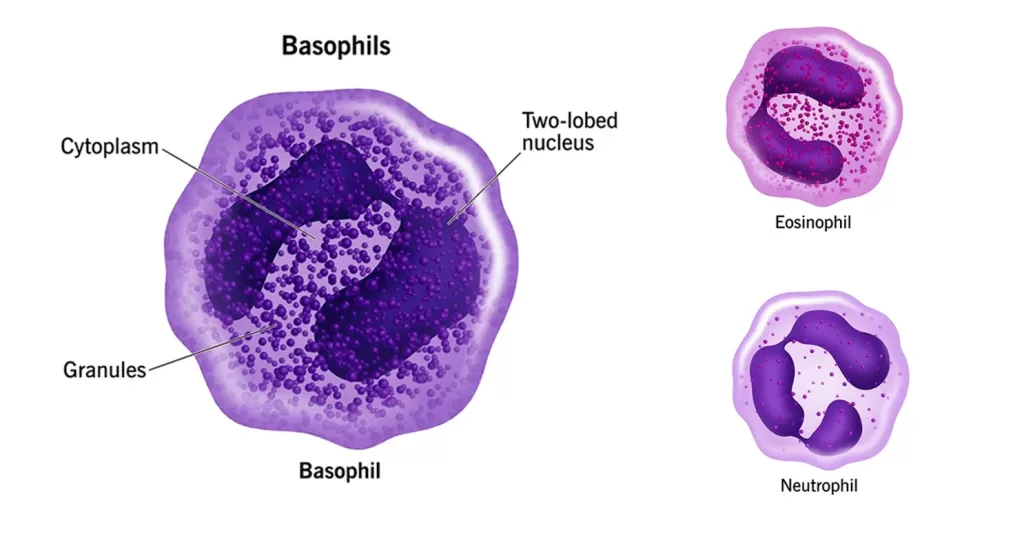
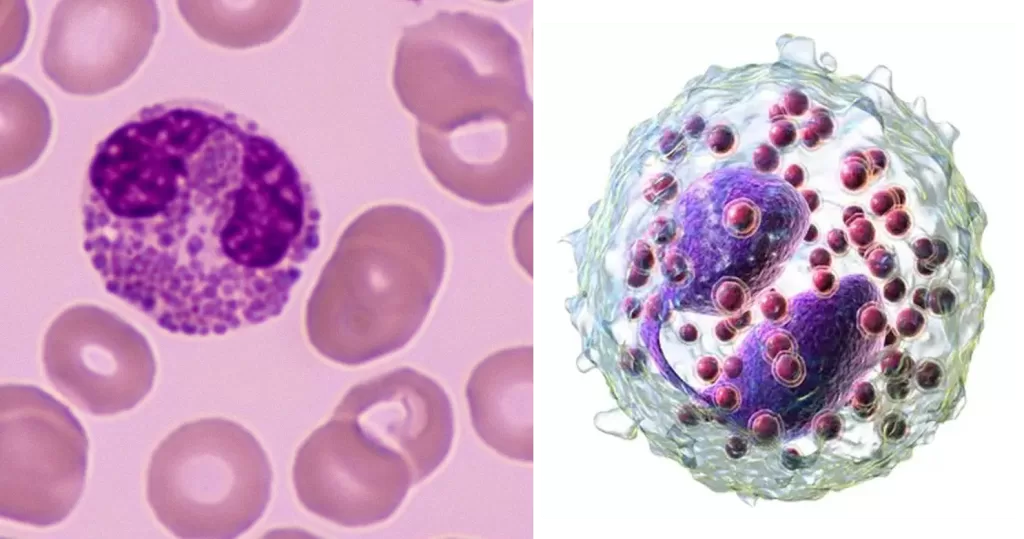
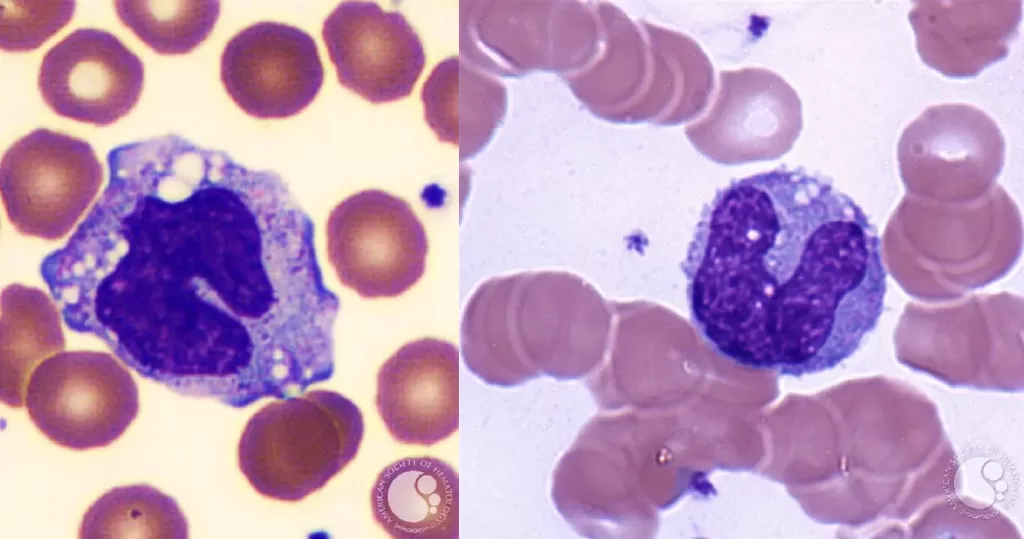
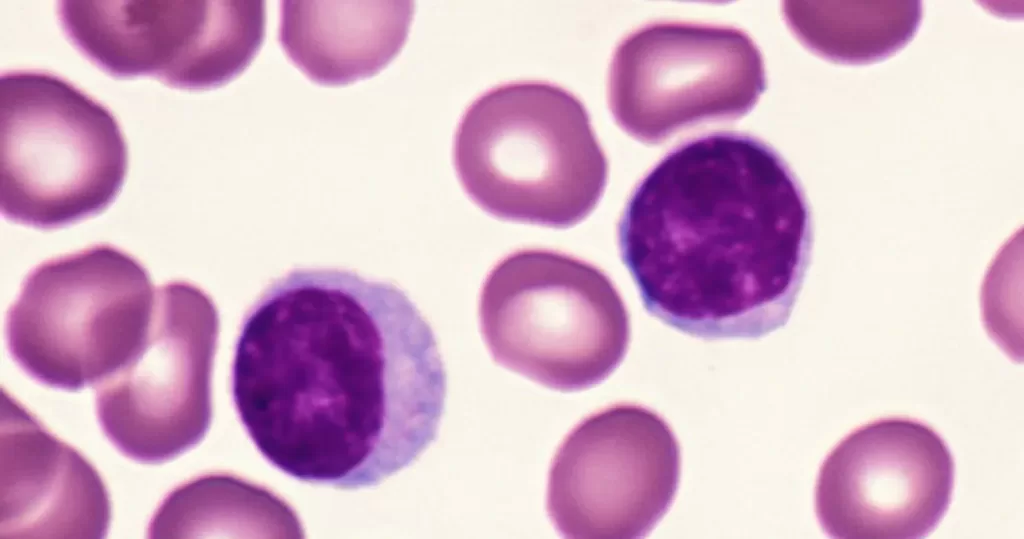
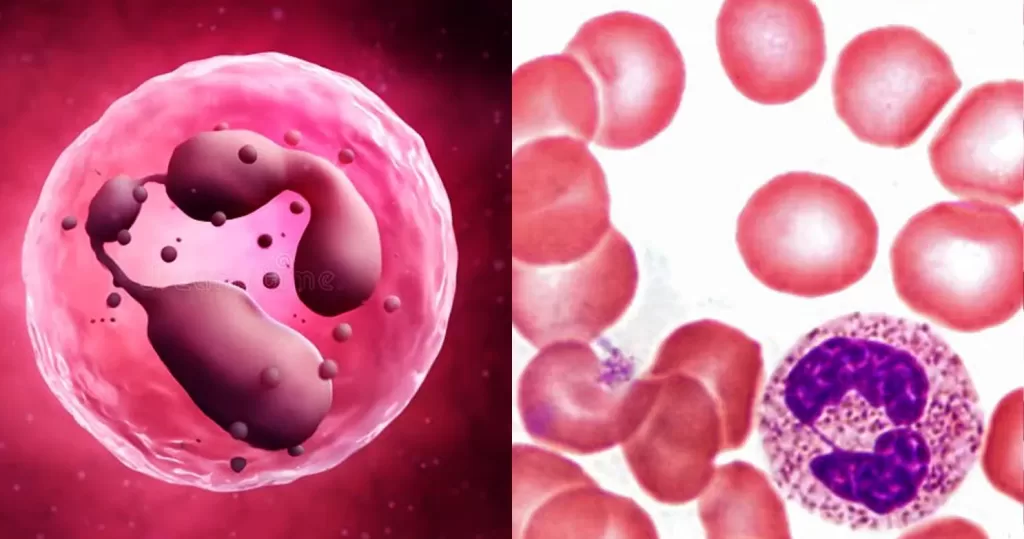
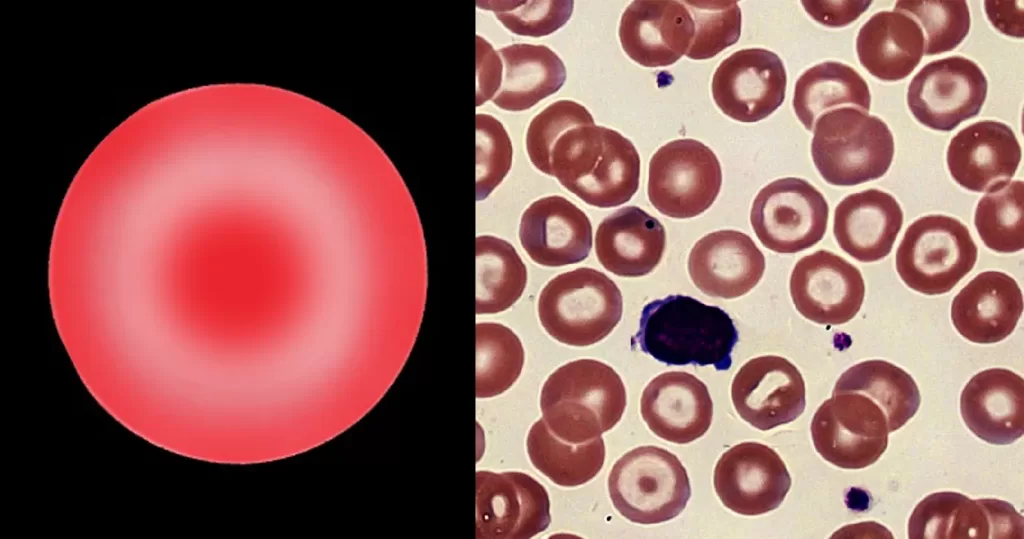
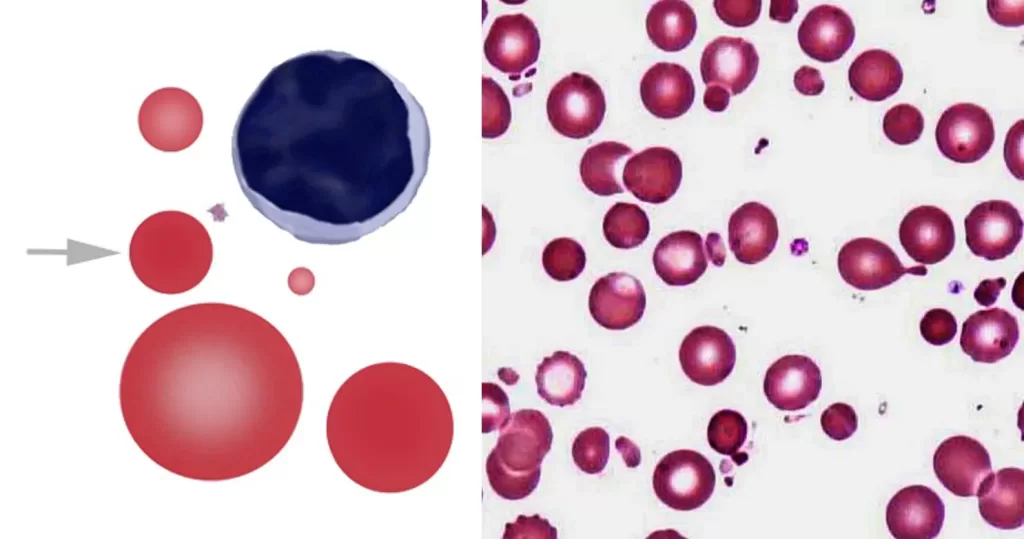
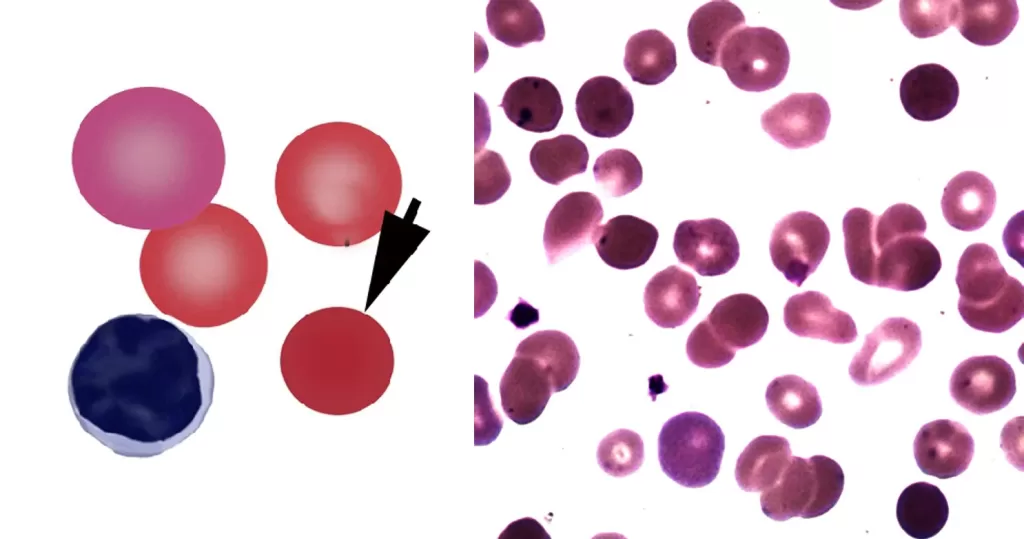
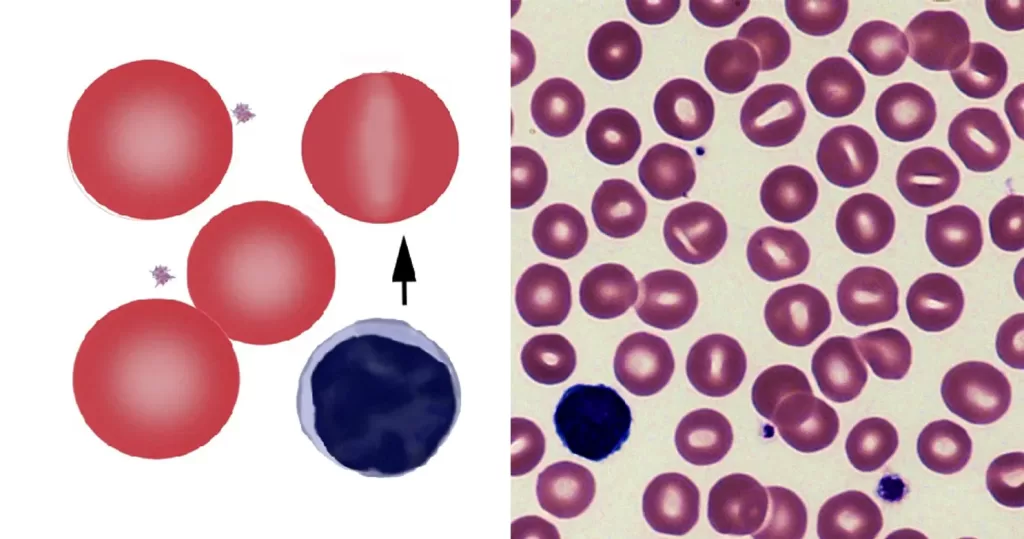
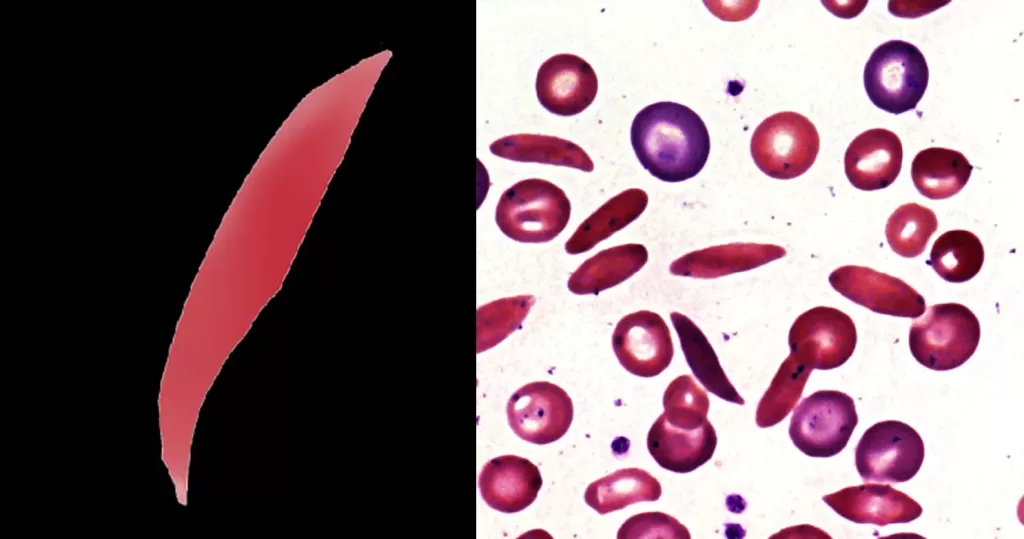
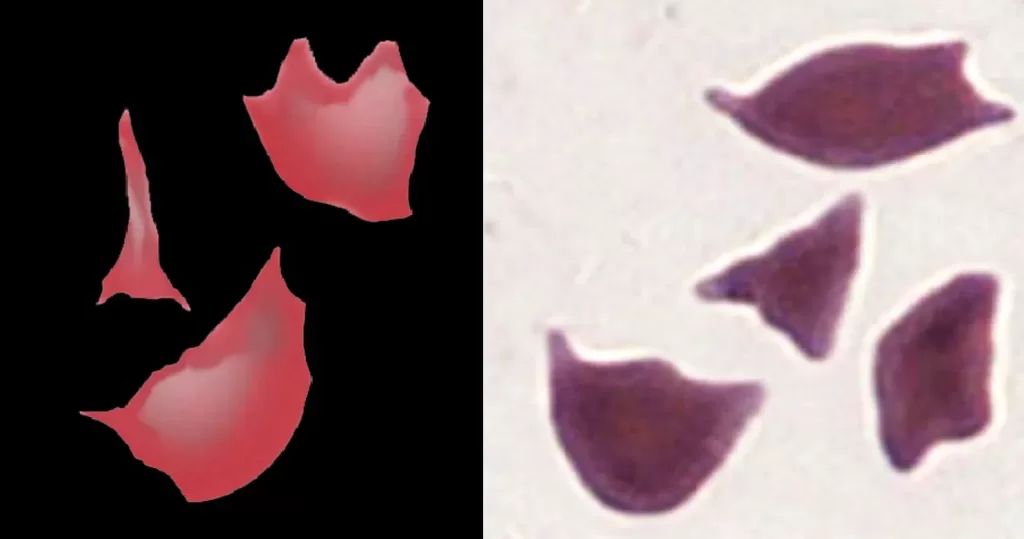
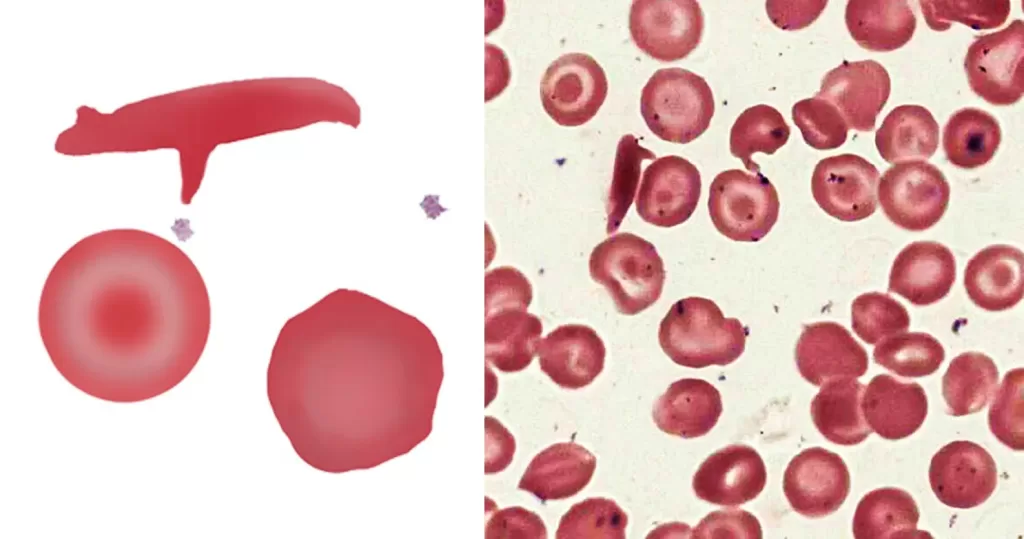
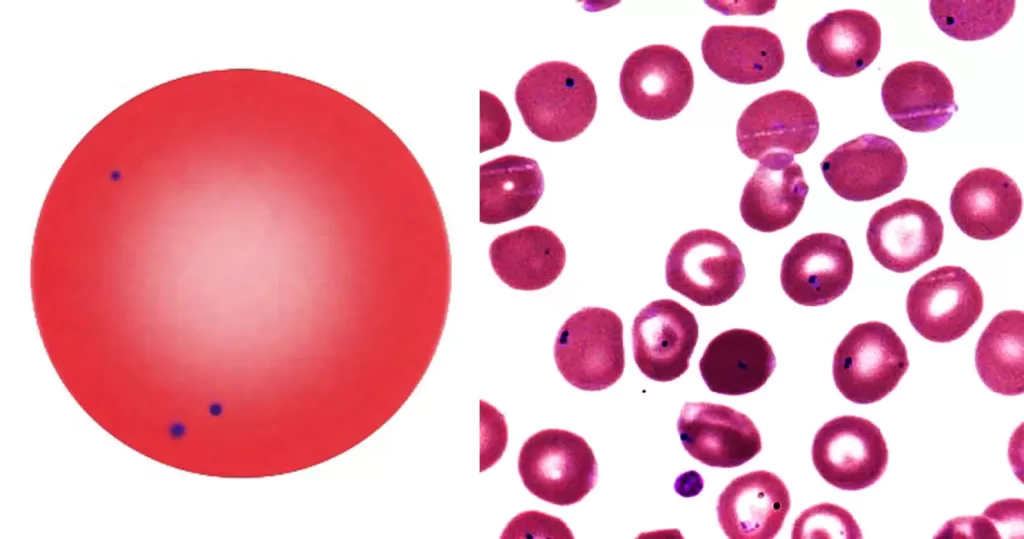
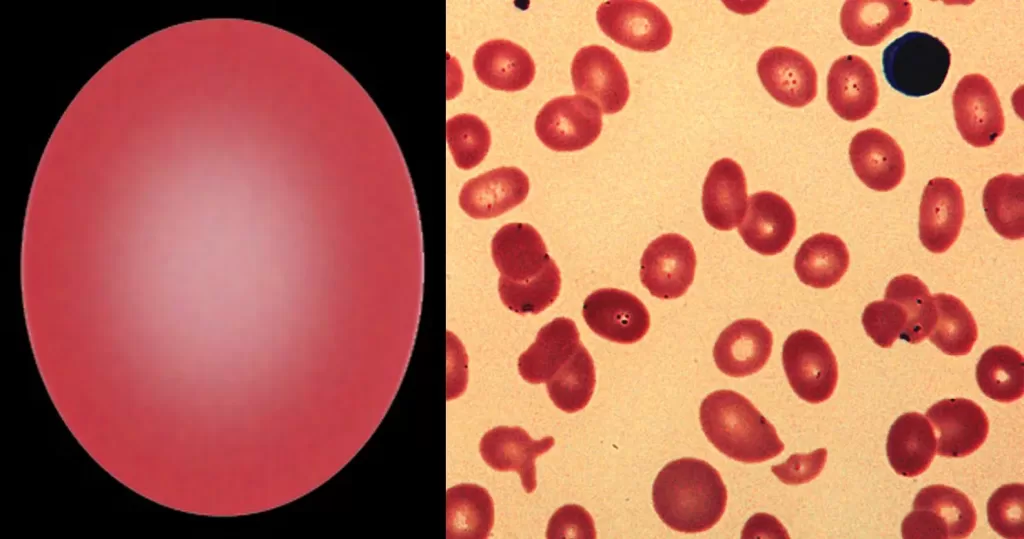
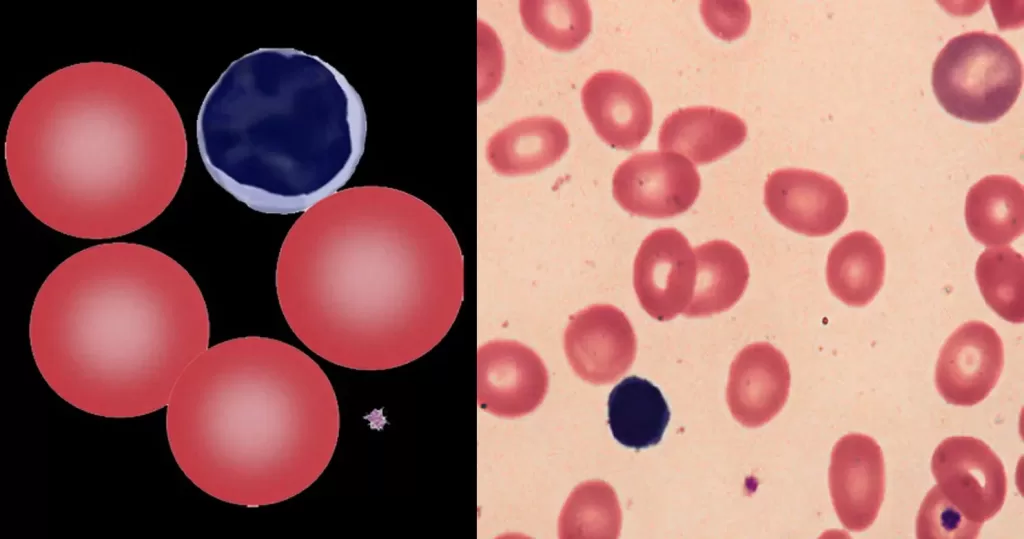
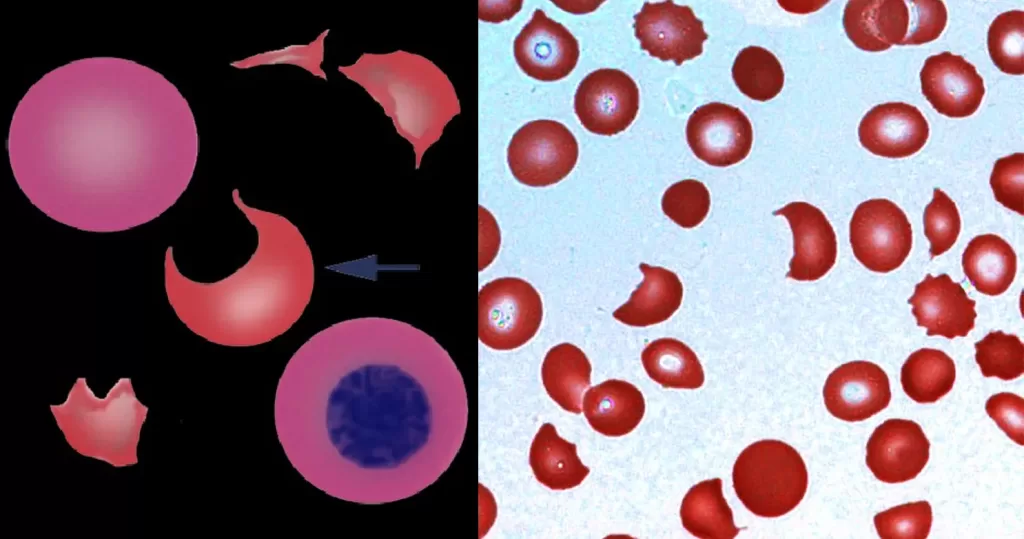
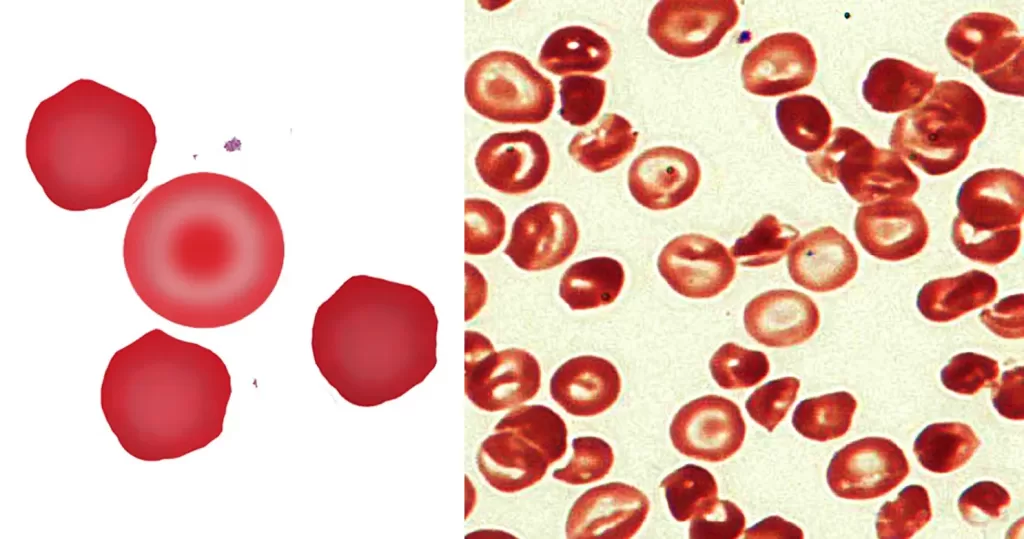
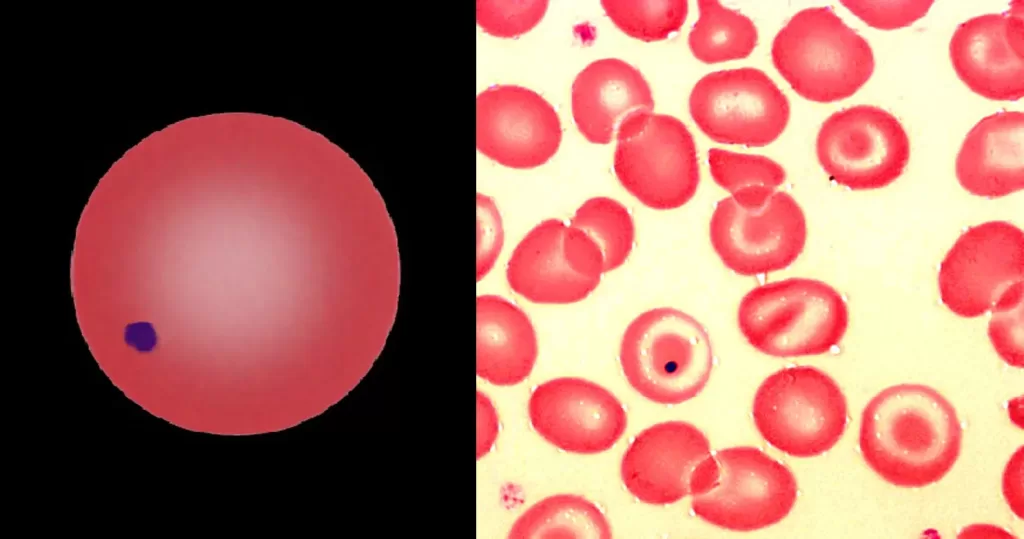
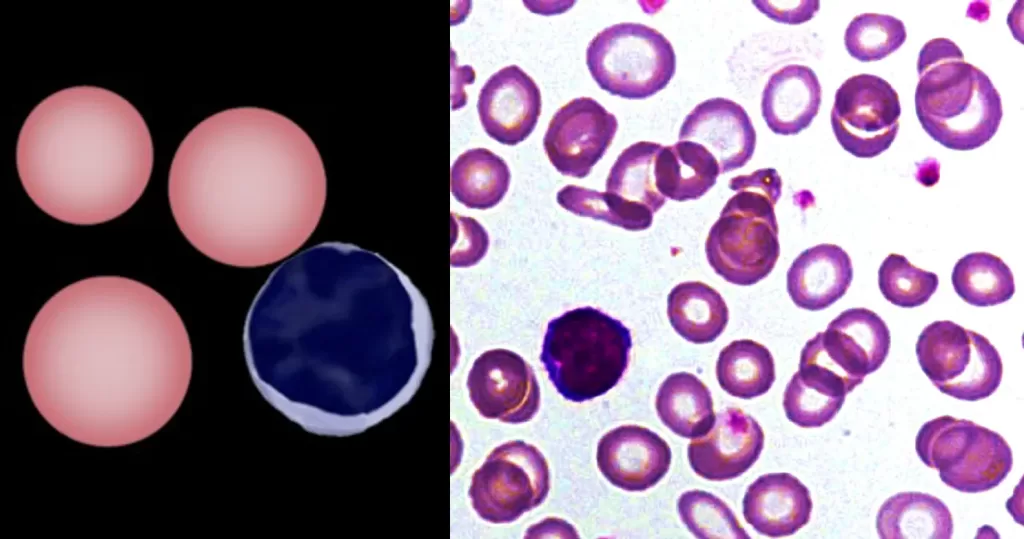
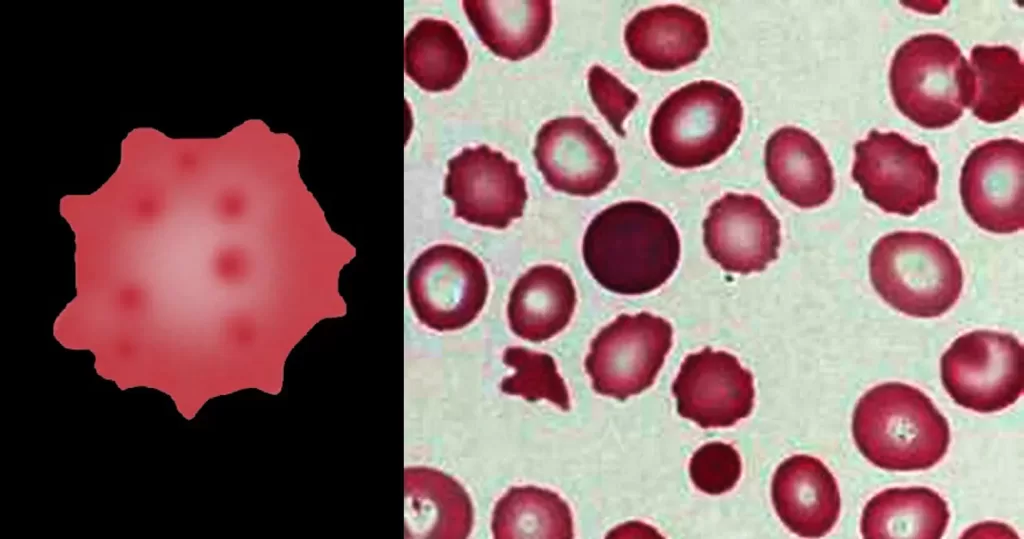
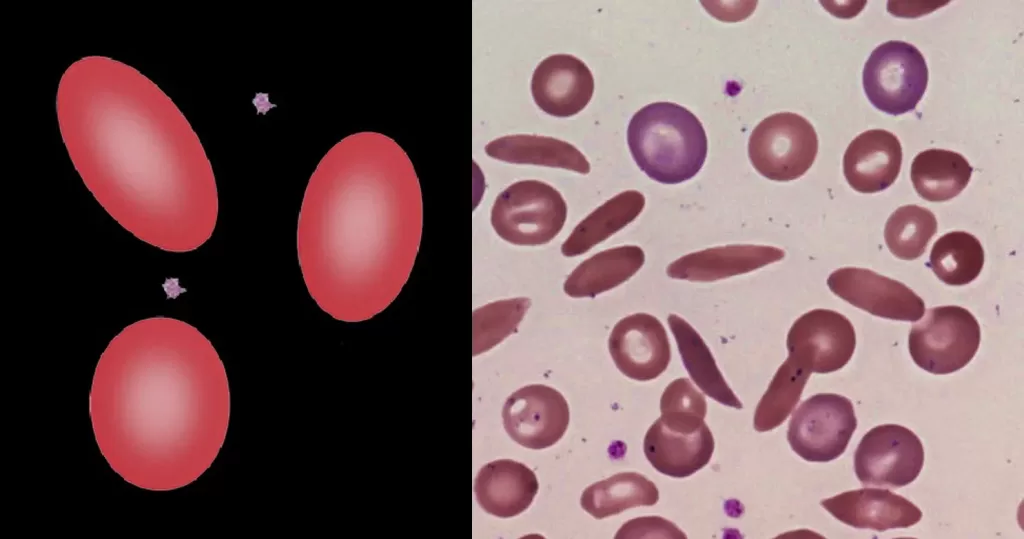
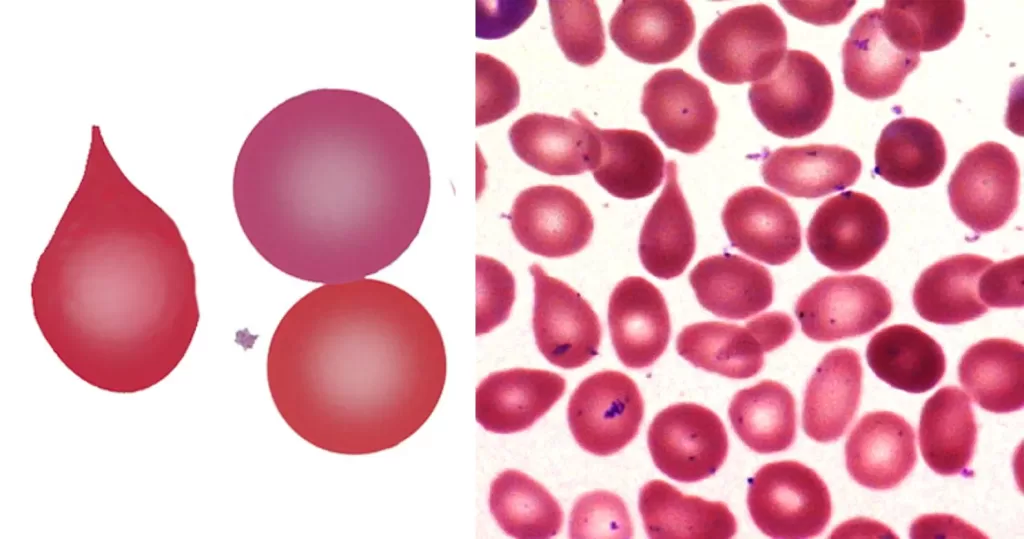
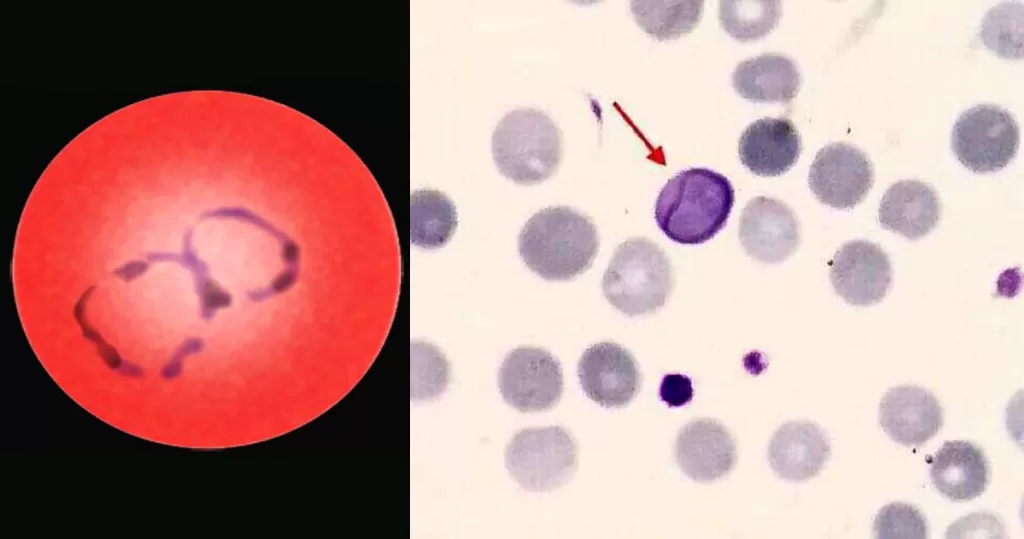
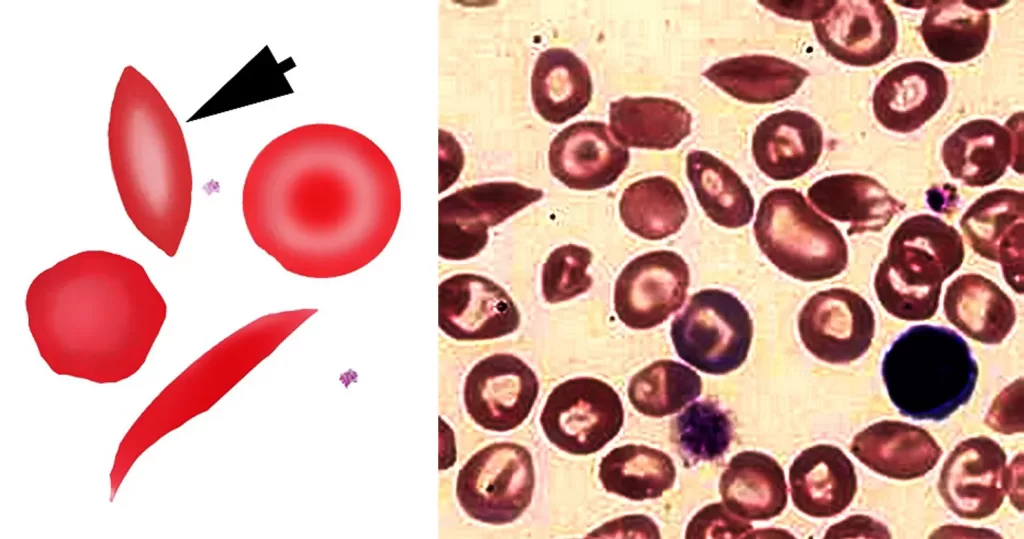
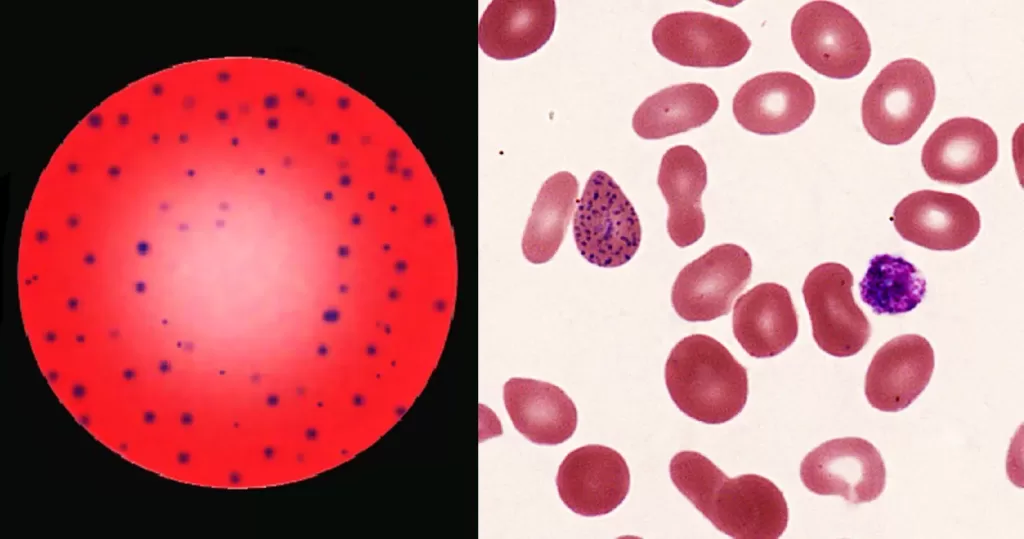
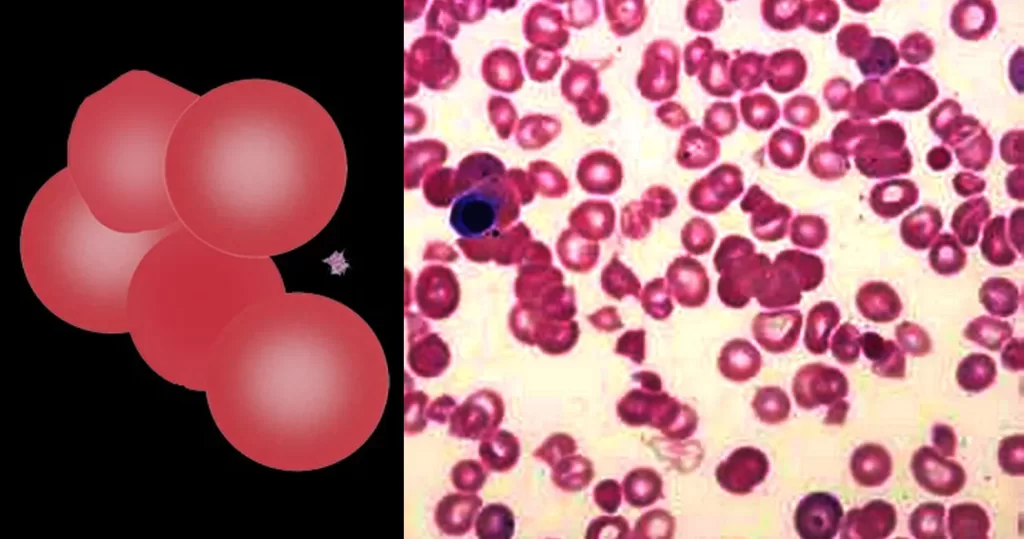
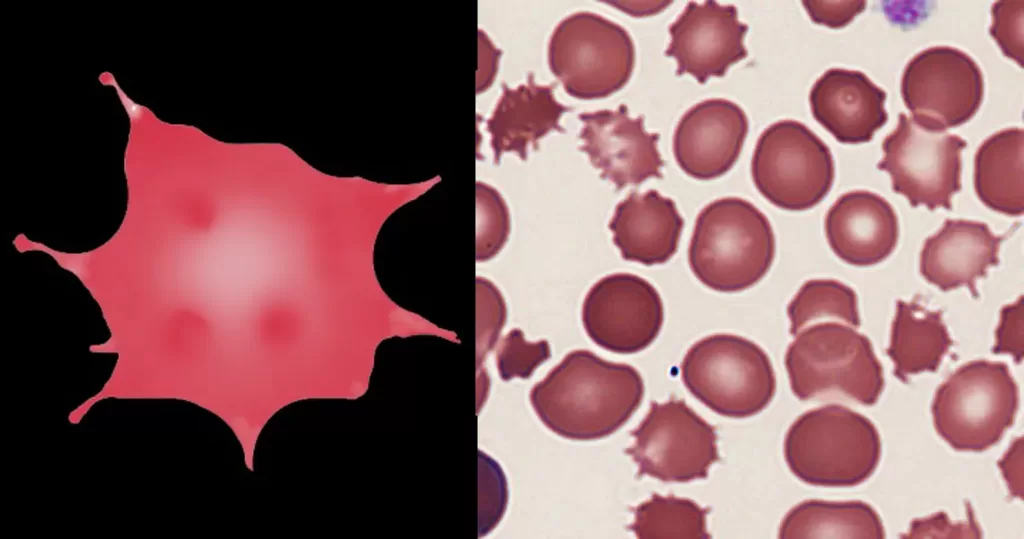
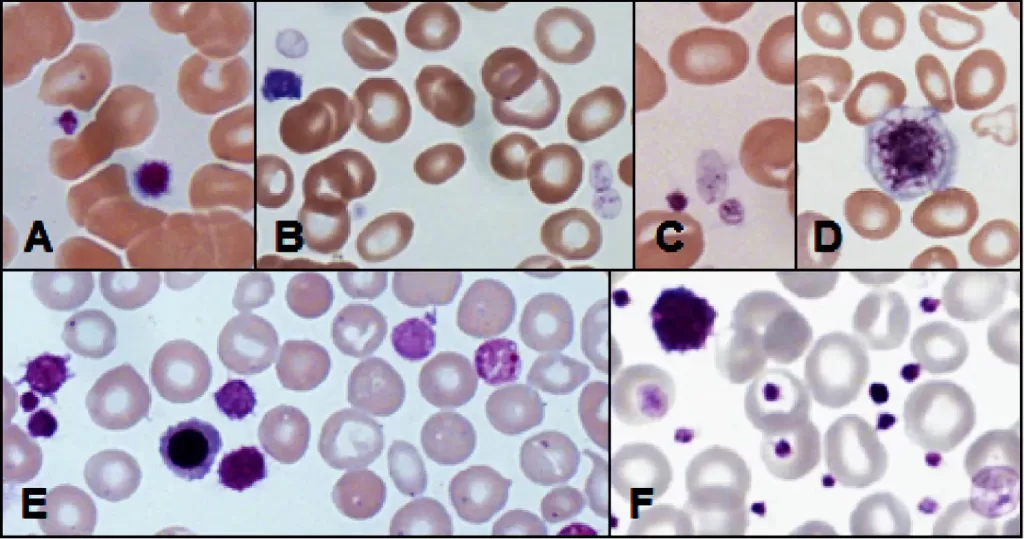
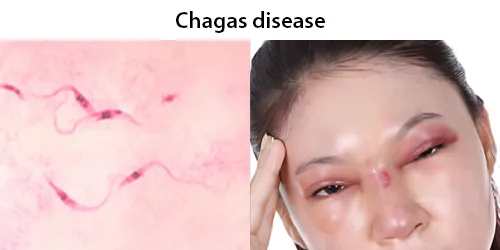

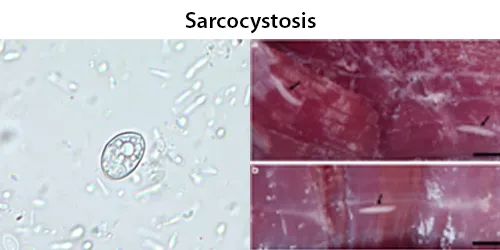
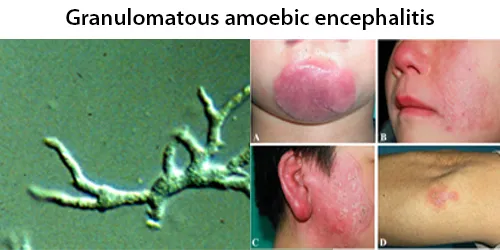

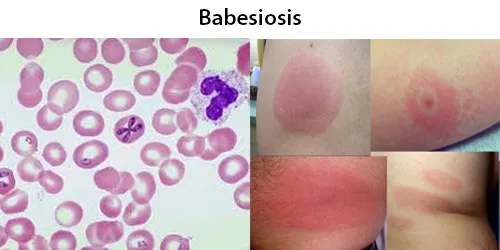
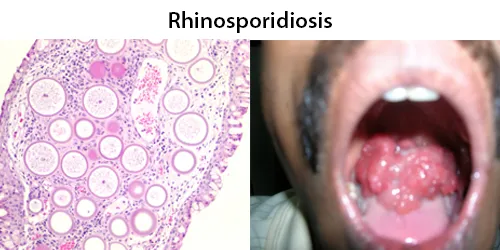
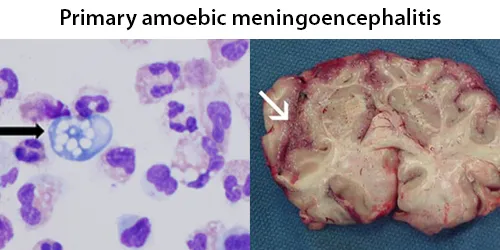
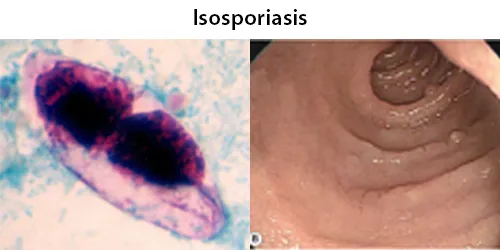
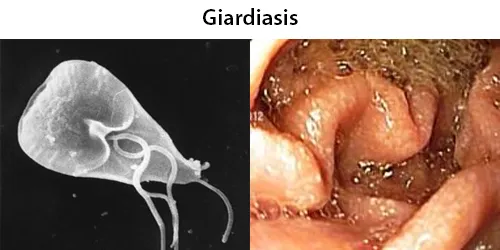
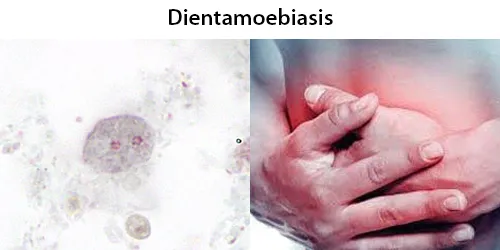
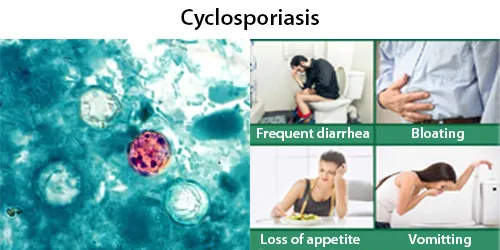
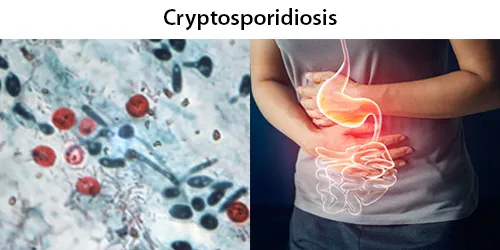
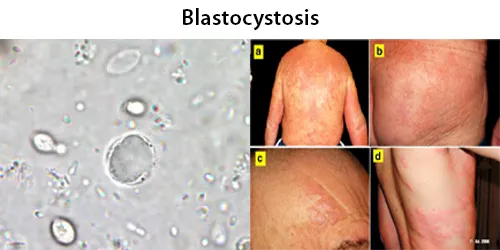
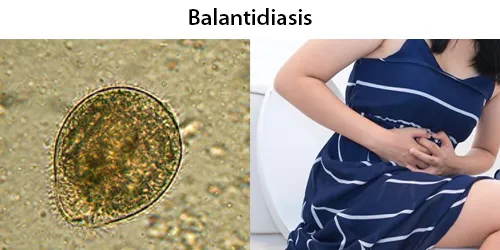
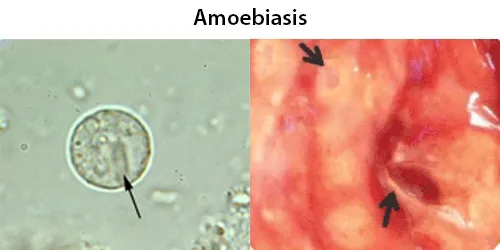
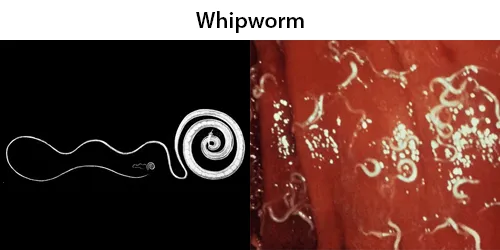
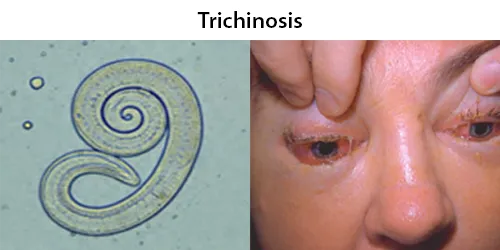
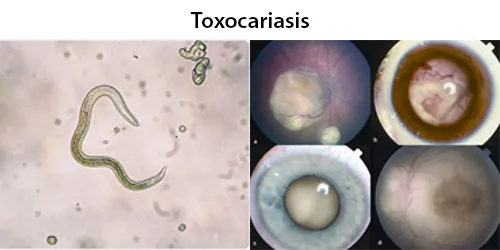
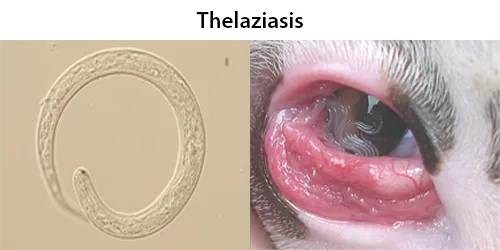
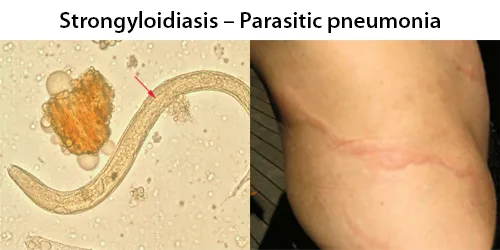
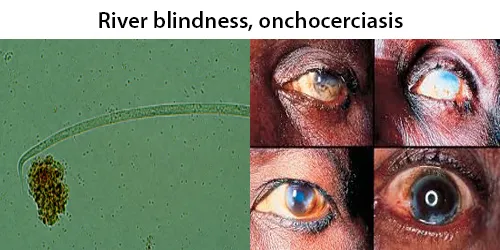
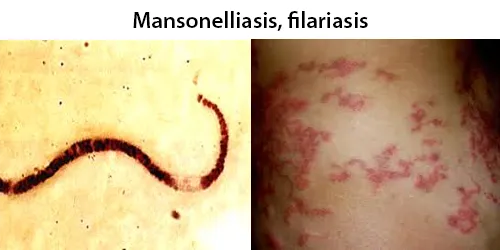
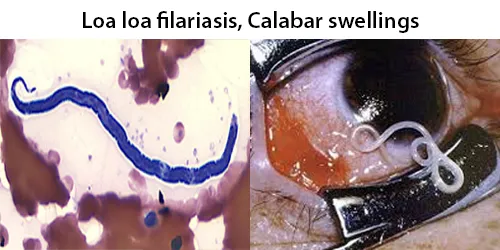
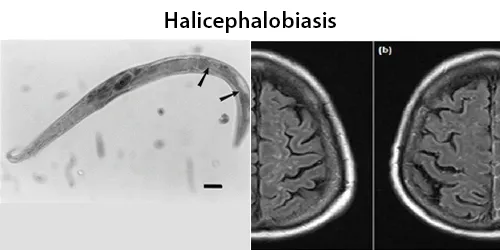
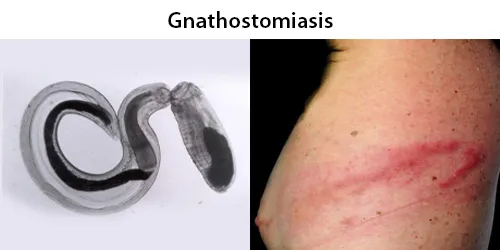
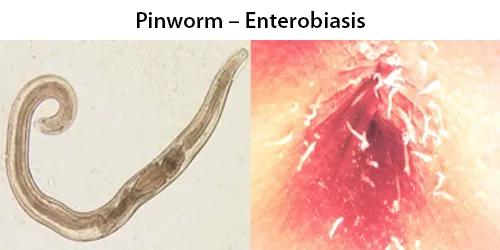
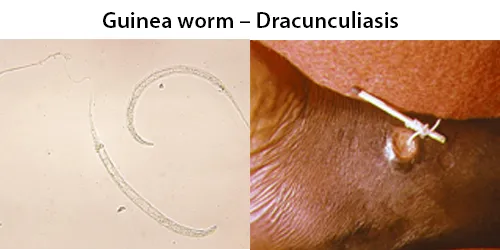
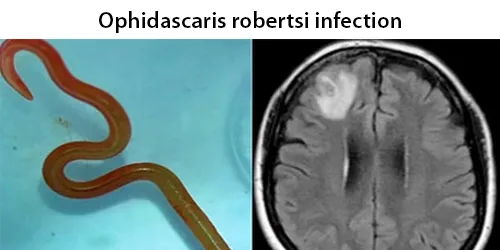
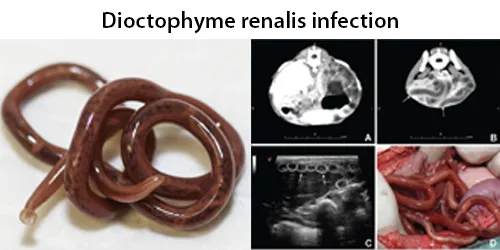
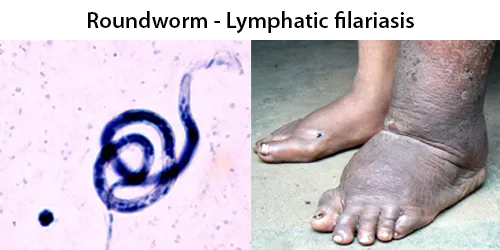
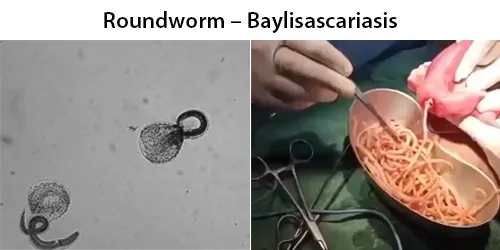
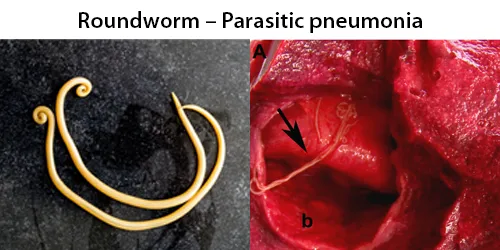
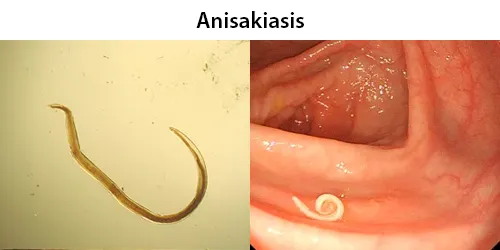
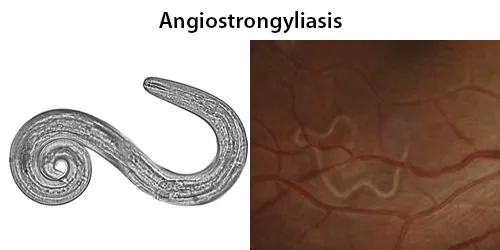
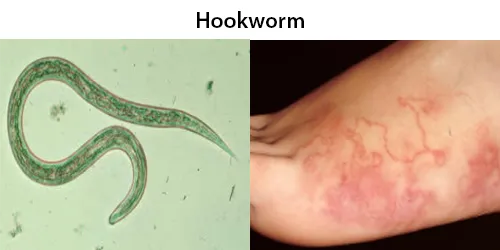
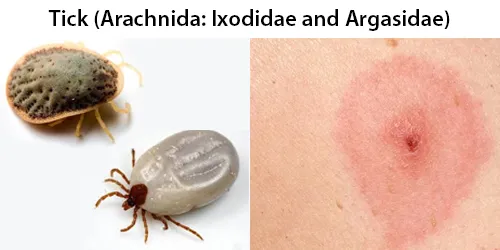
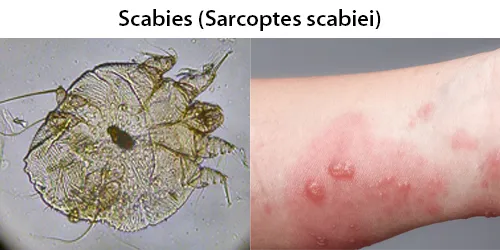
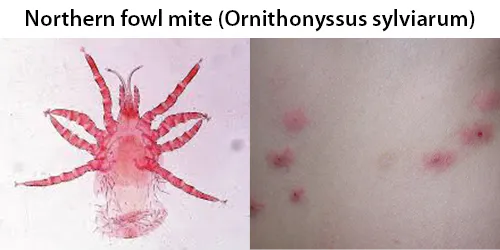

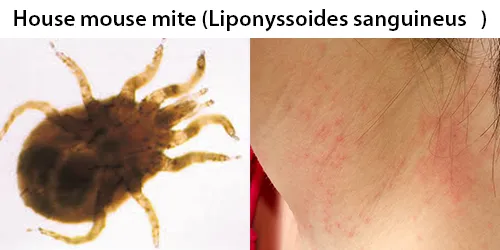
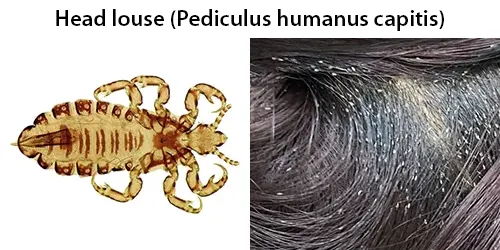
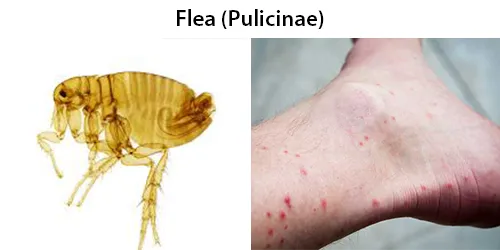
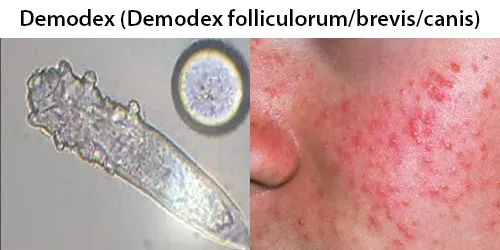
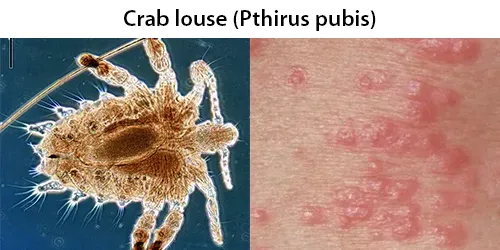
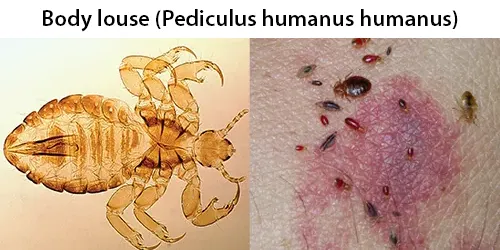
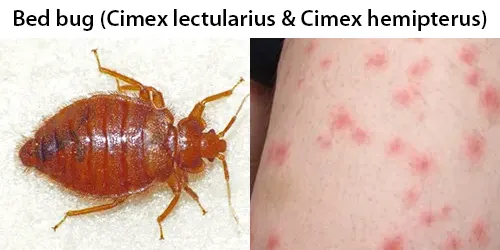
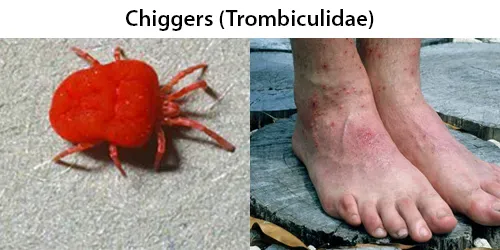
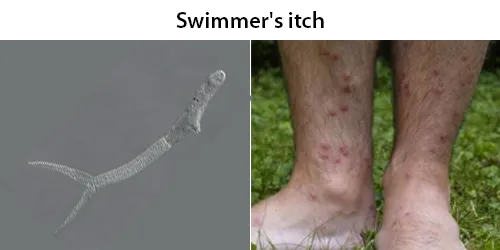
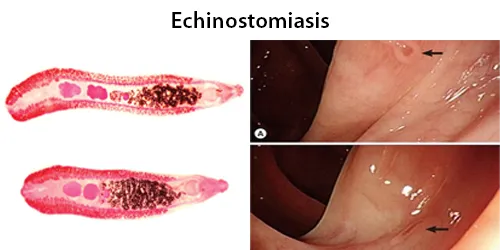
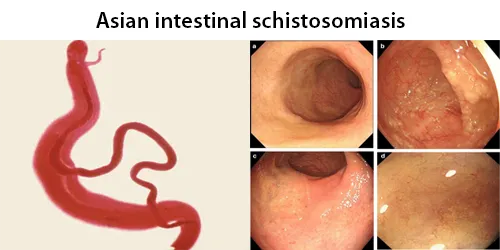
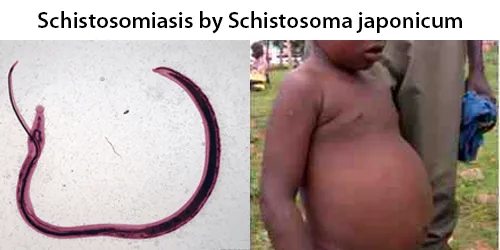
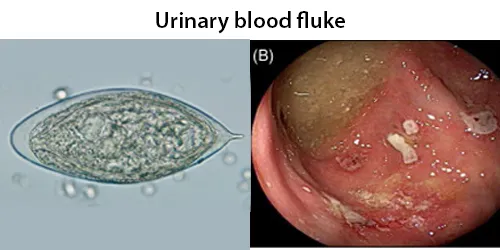
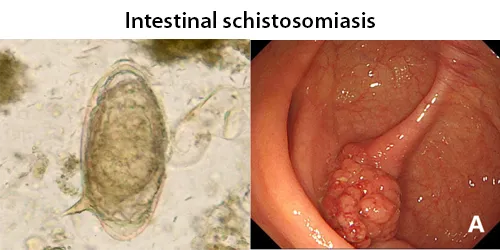
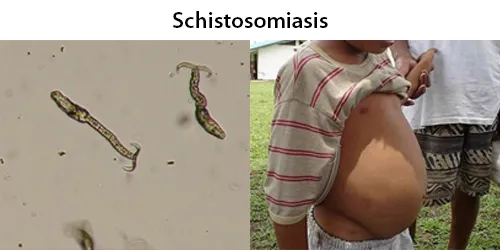
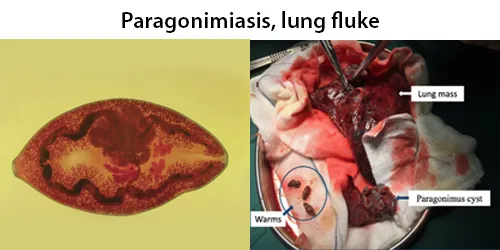

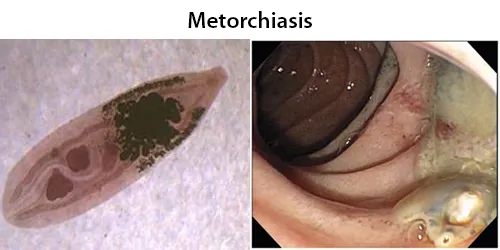
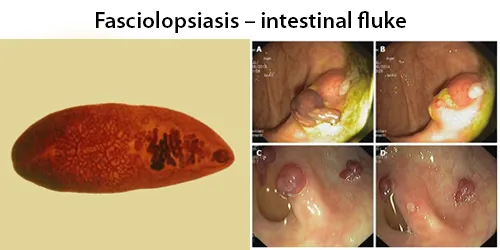
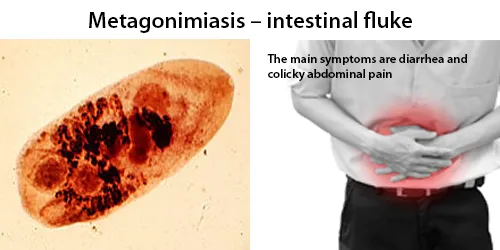
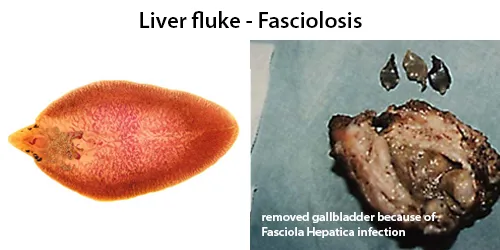
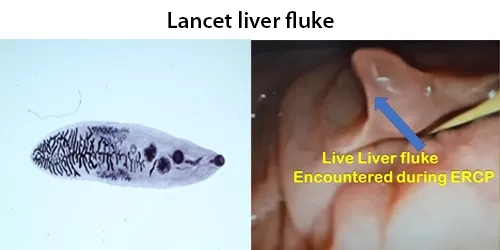
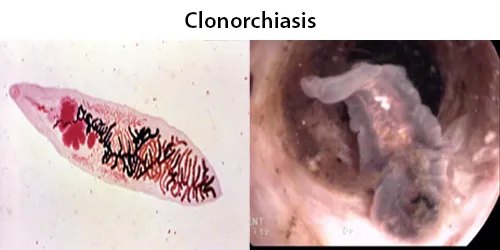
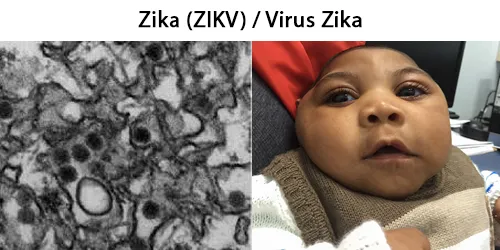
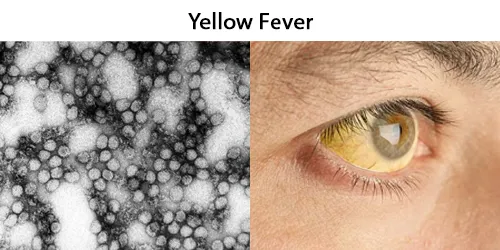
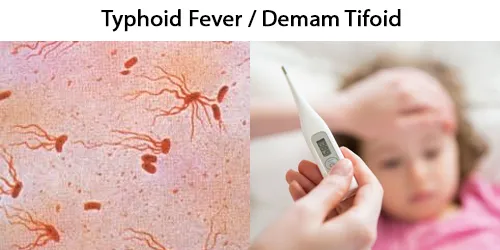
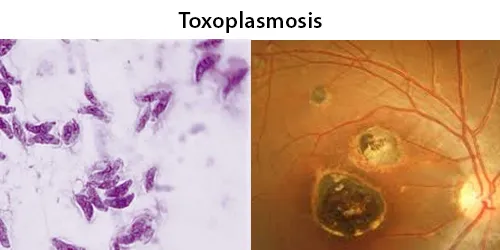
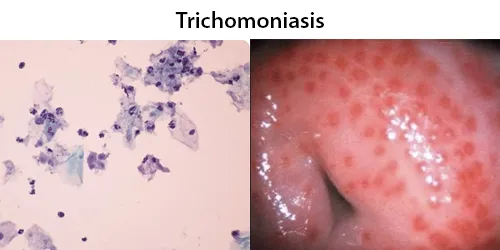


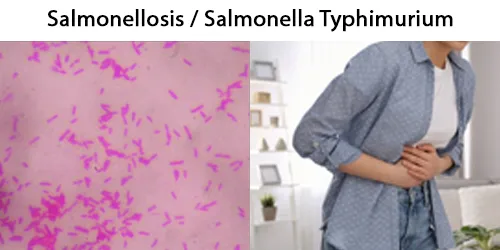
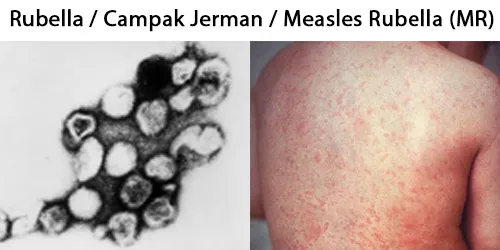

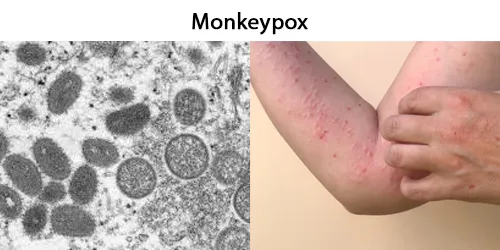

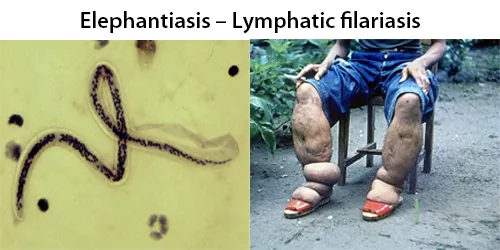
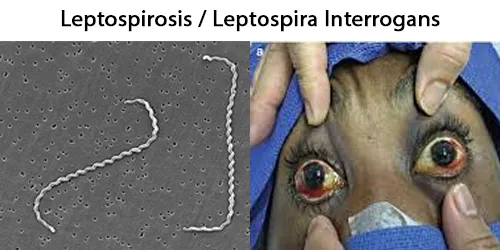
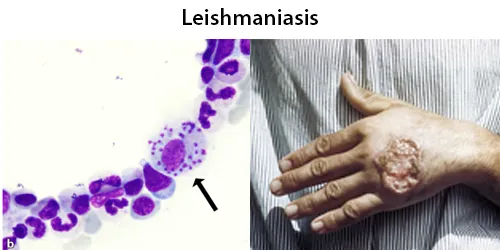
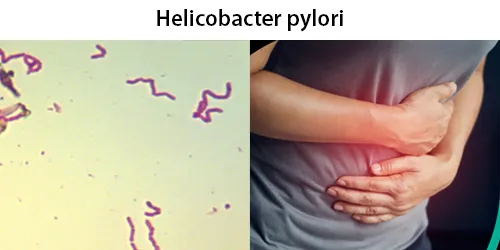
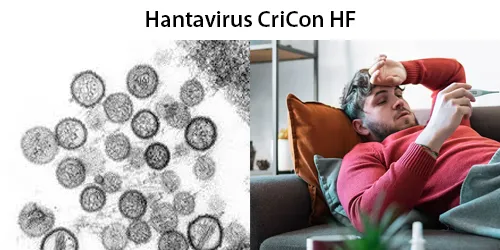
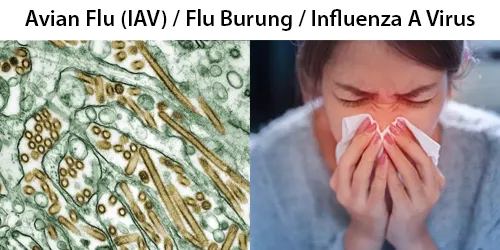
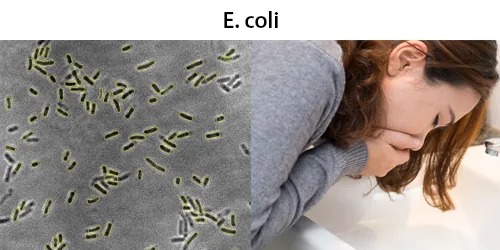
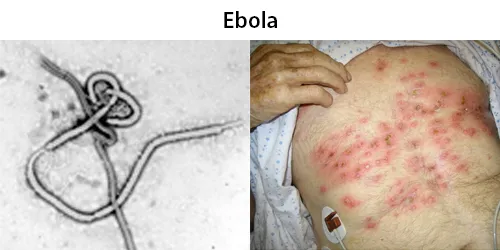
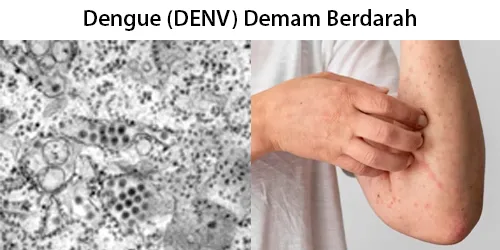
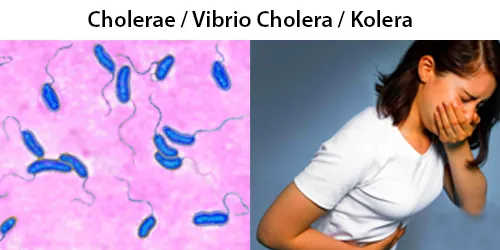
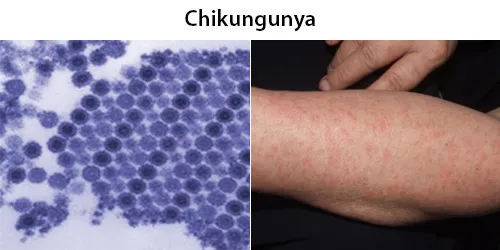
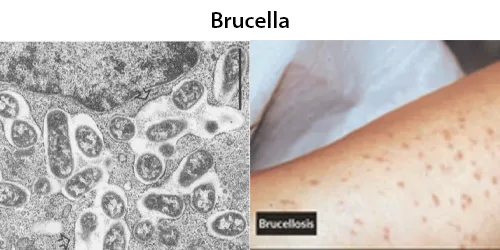
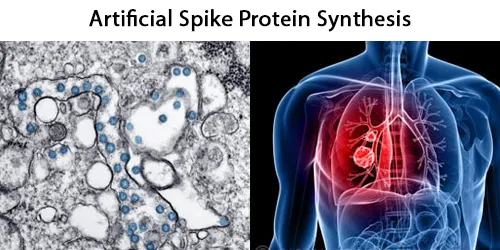
Organic Food Is All That, and More. Just Eat It.
State of Science Review ‘New Evidence Confirms the Nutritional Superiority of Plant-Based Organic Foods